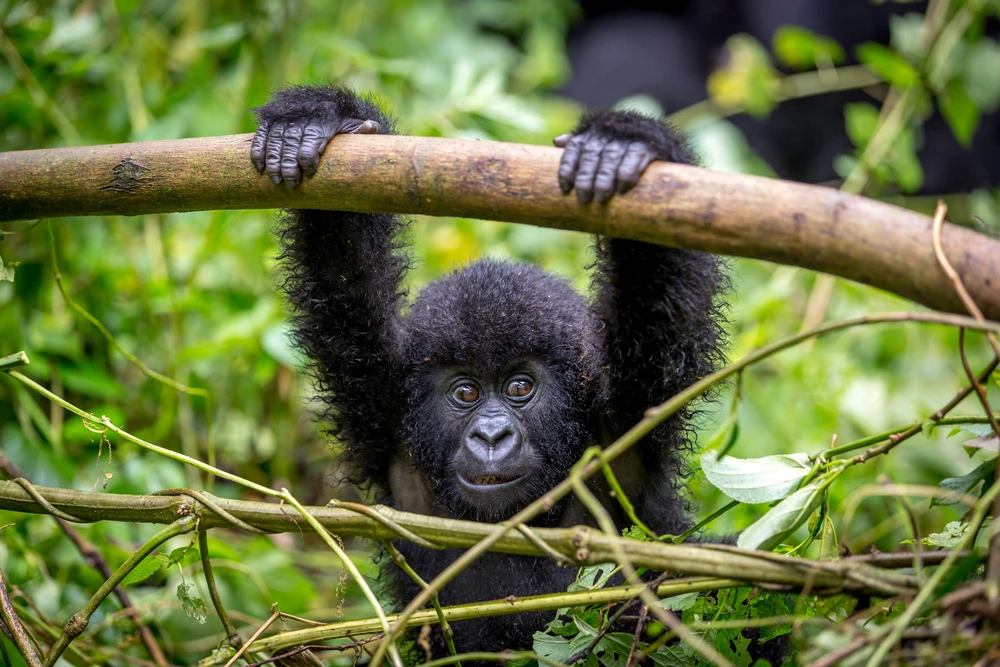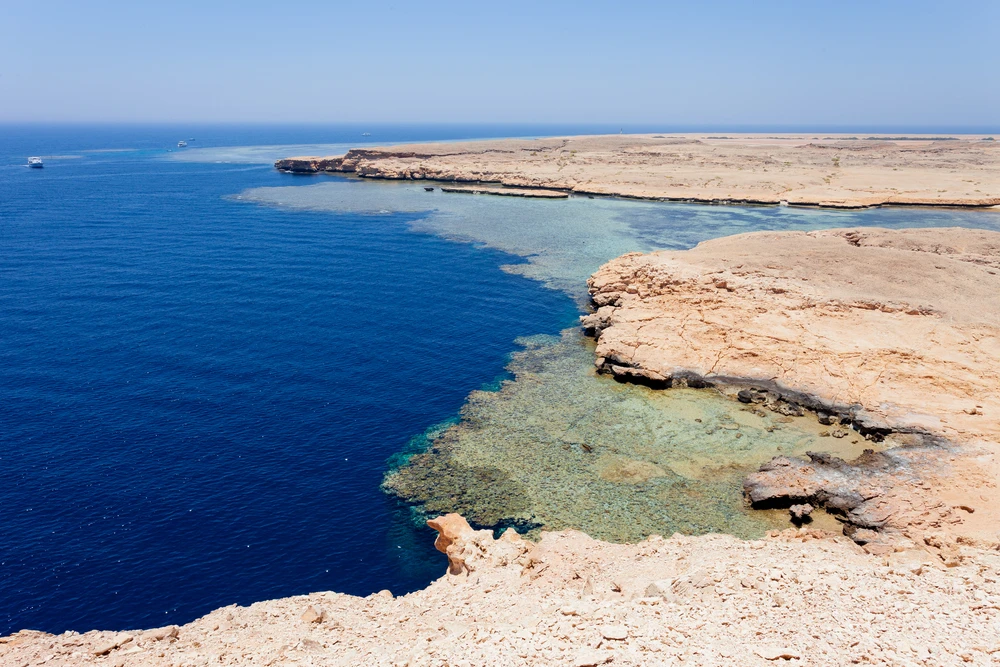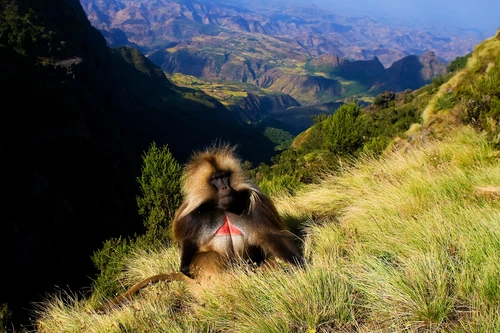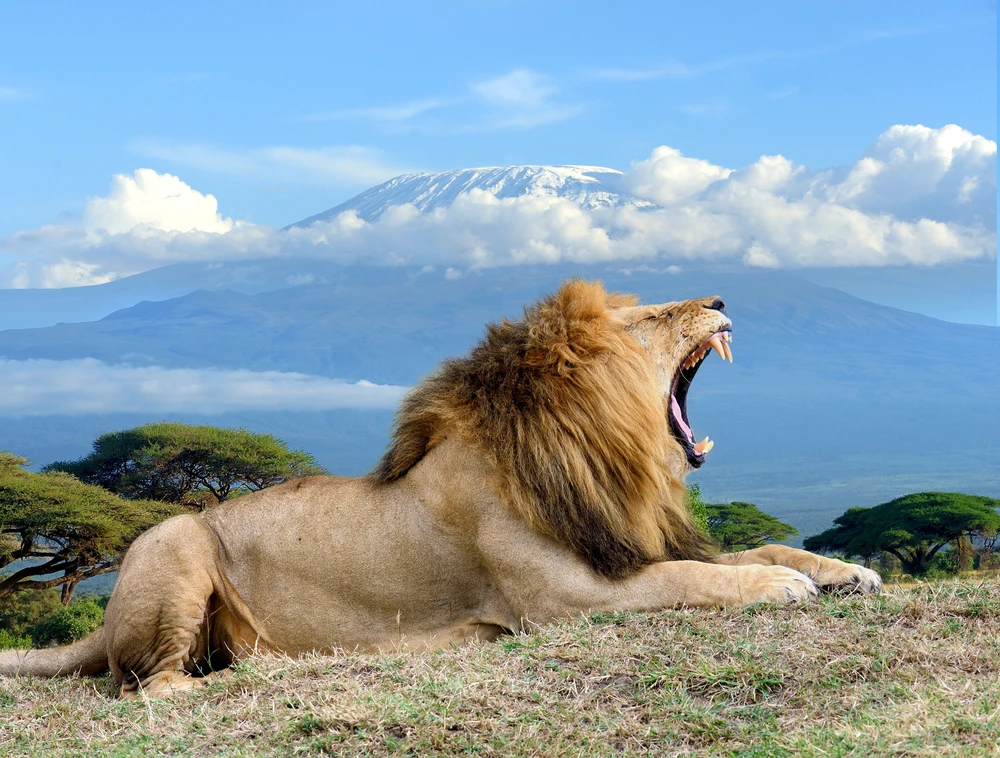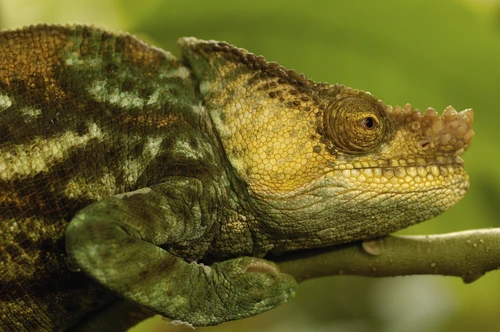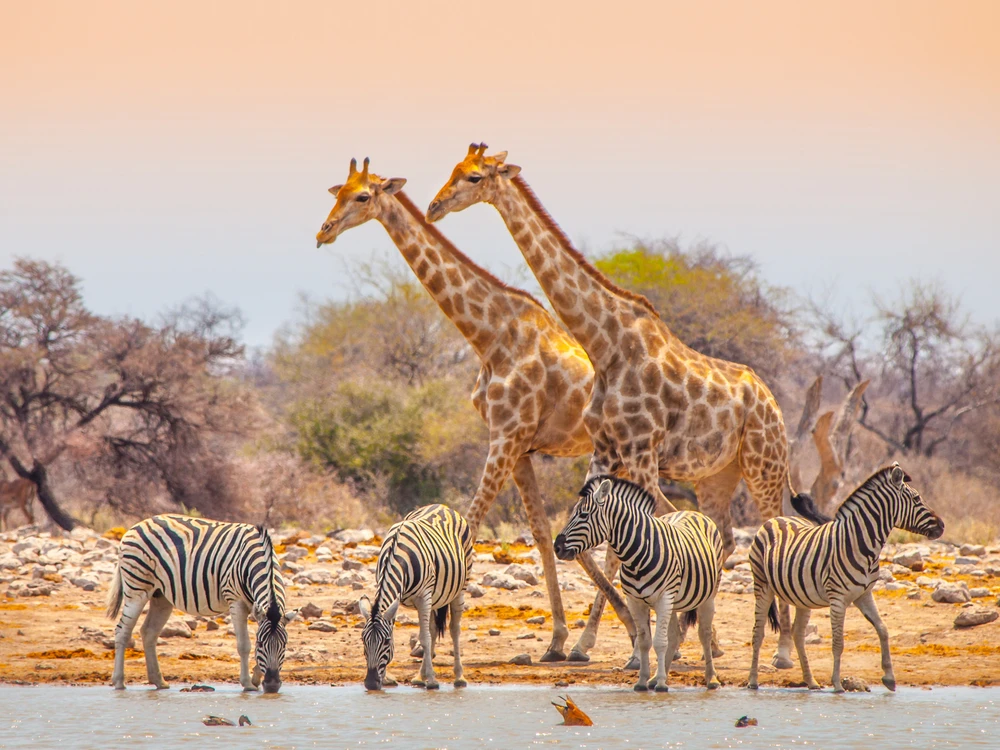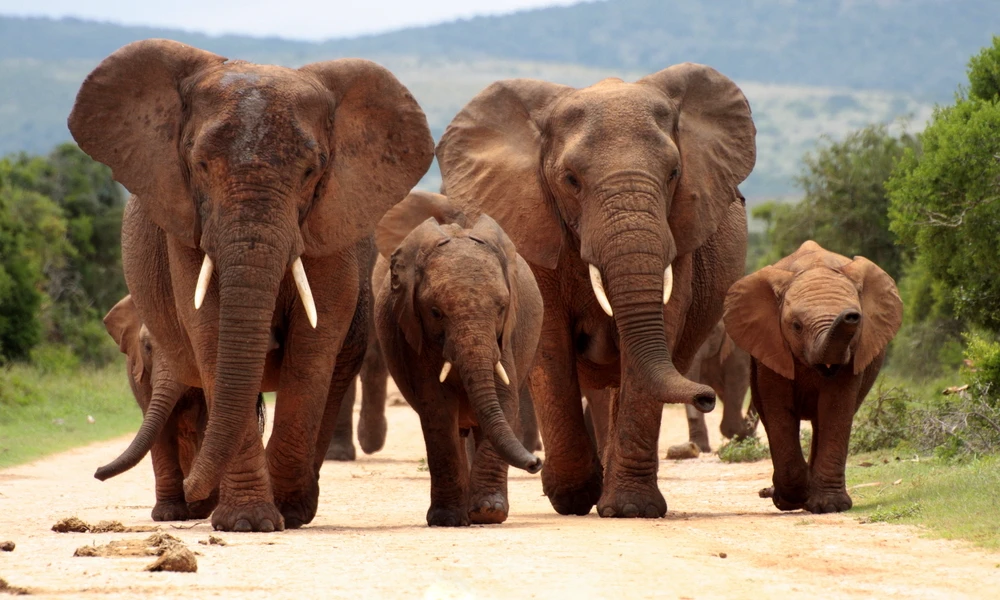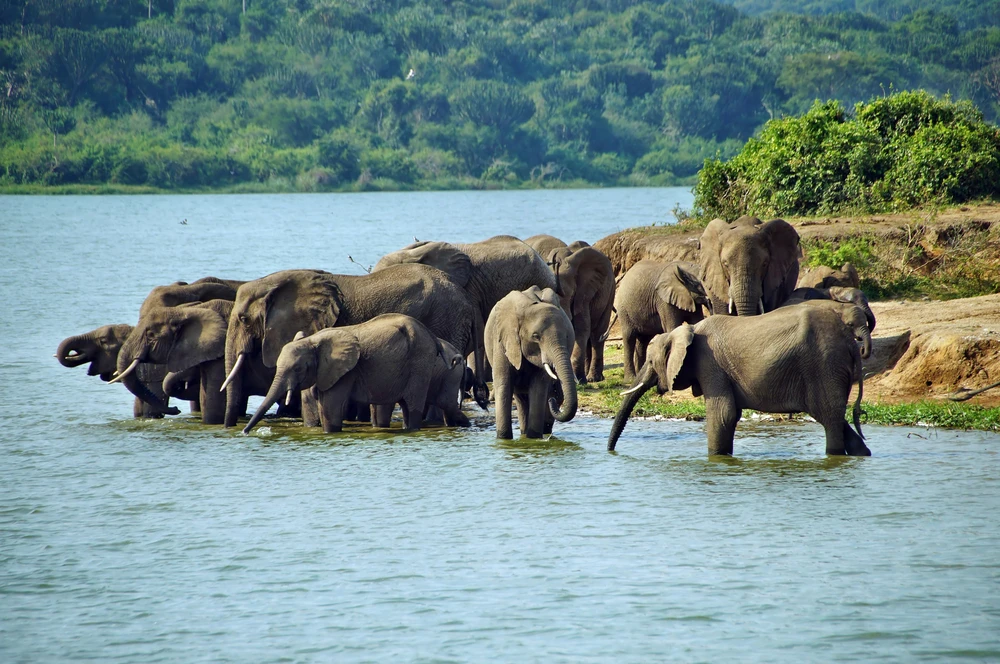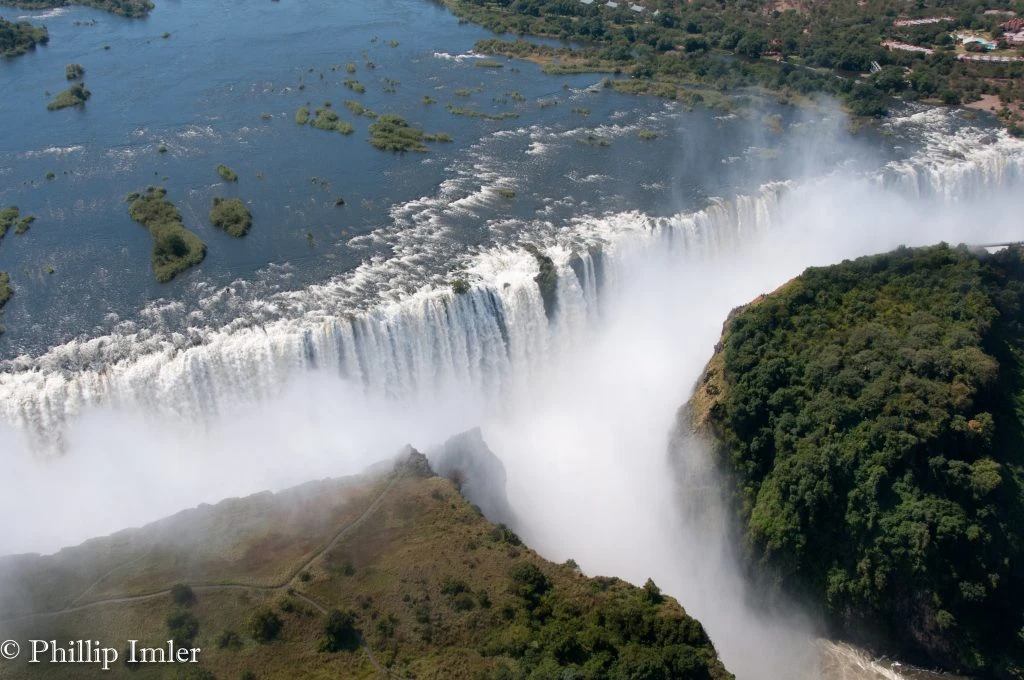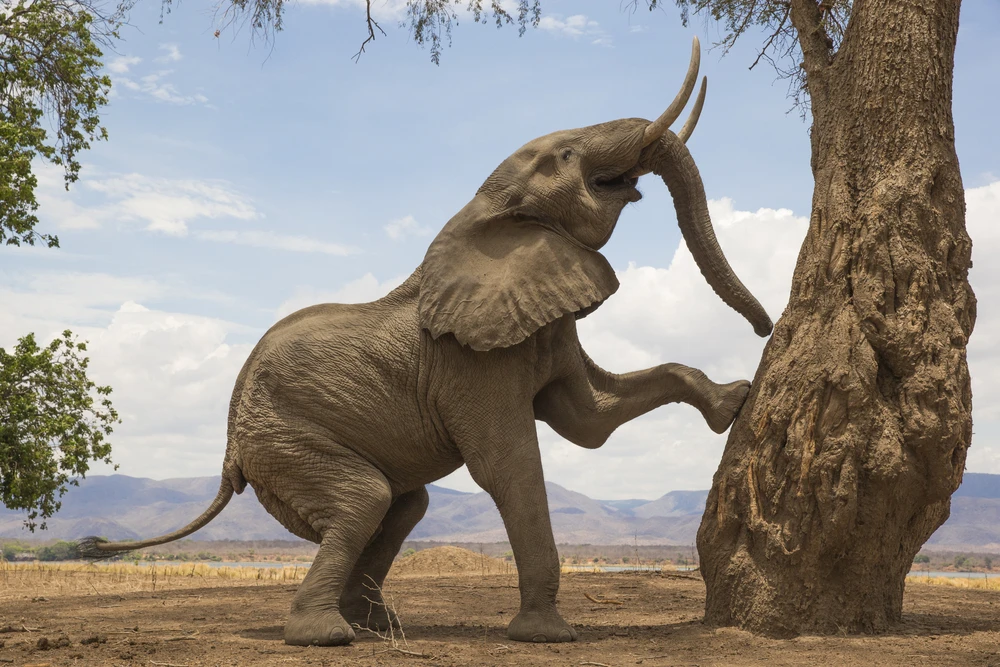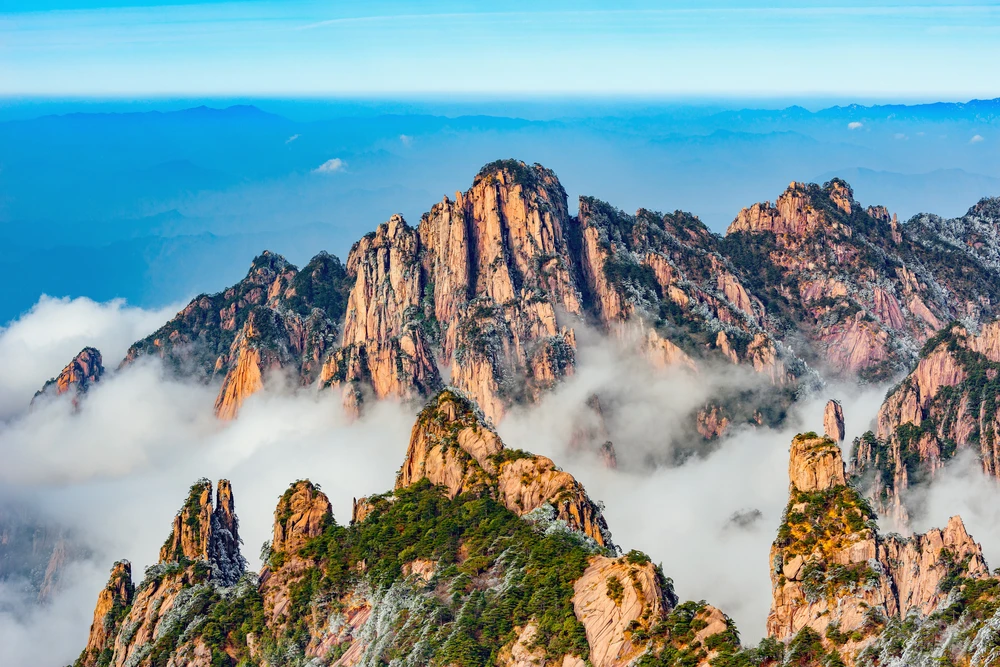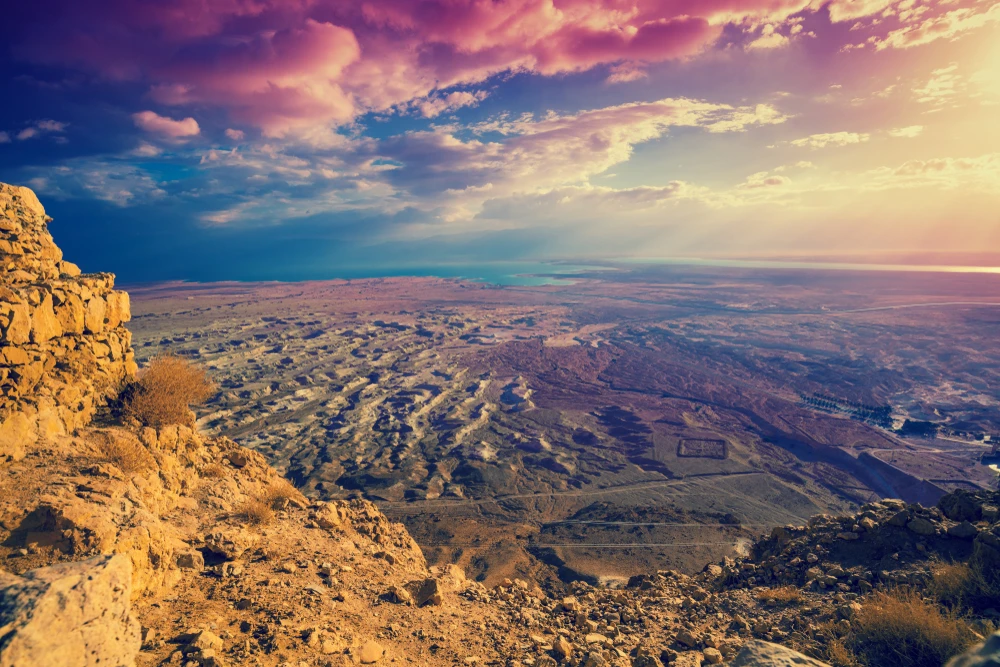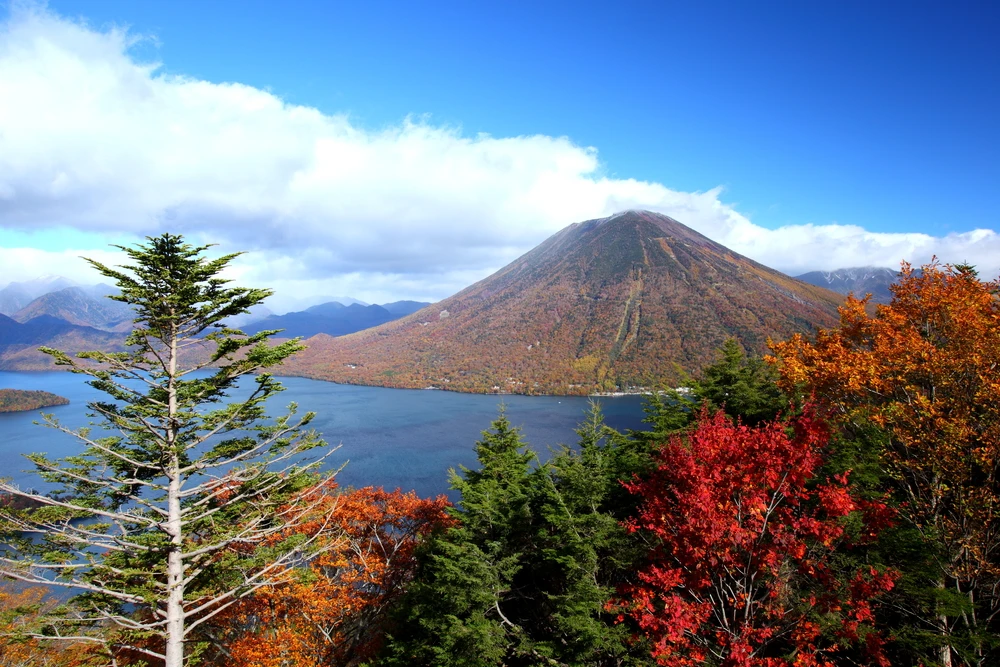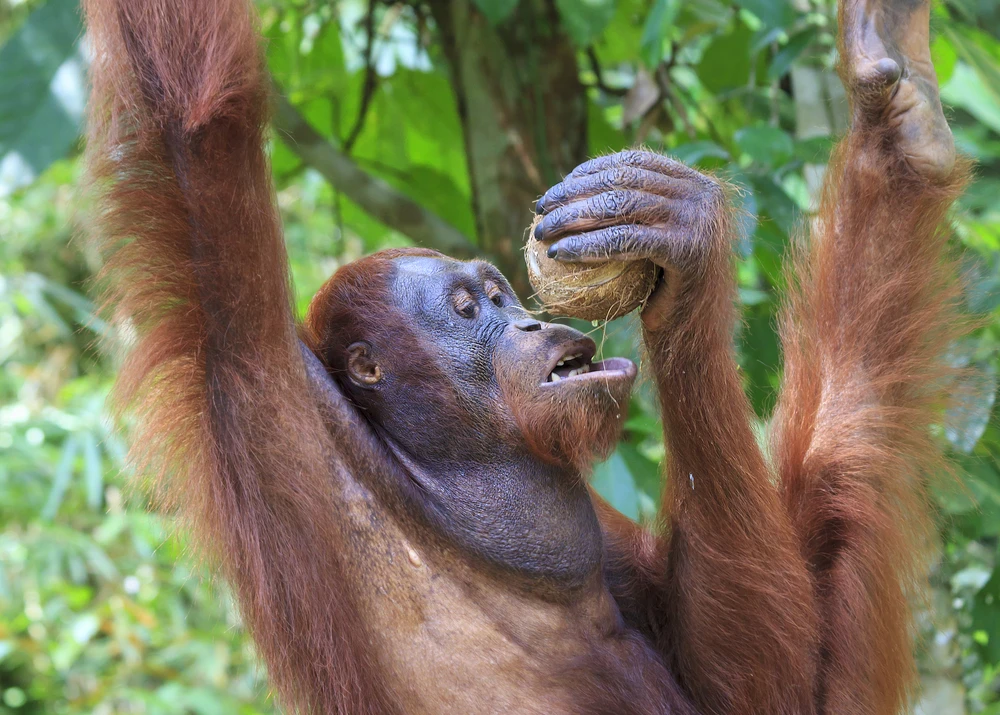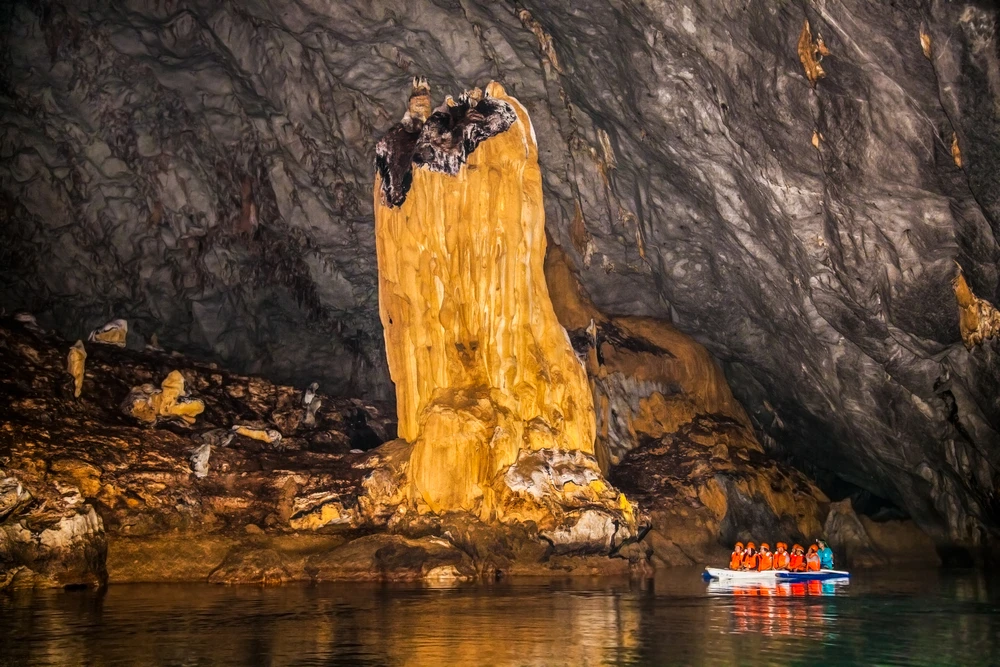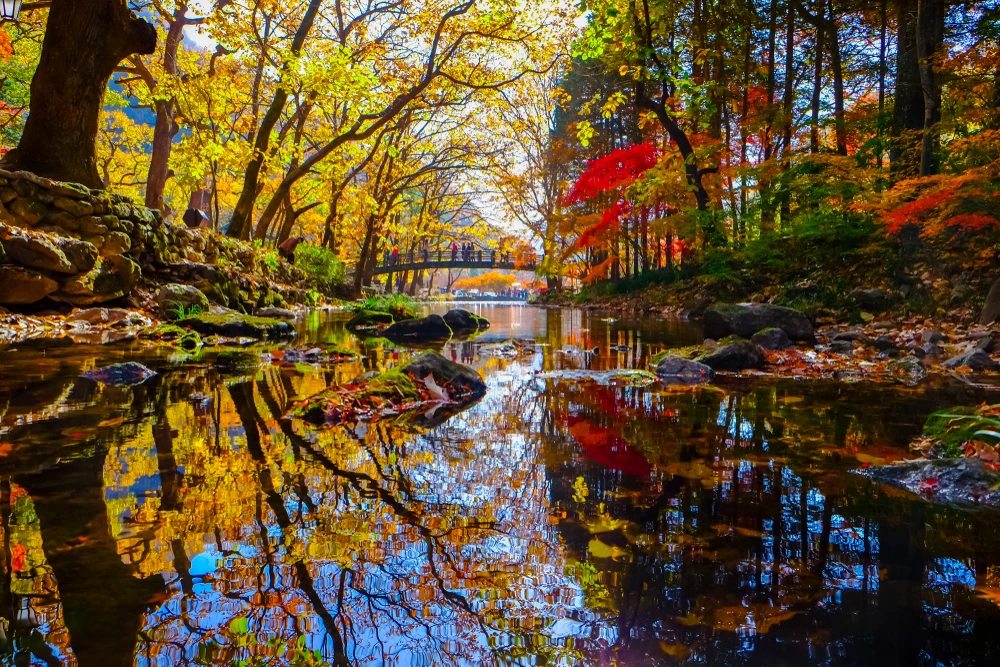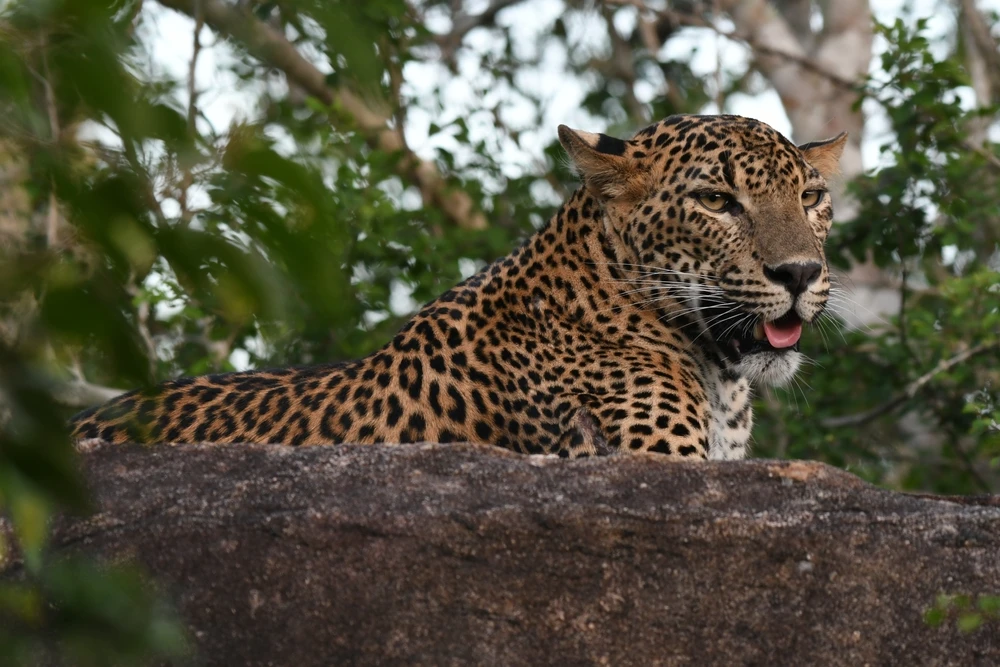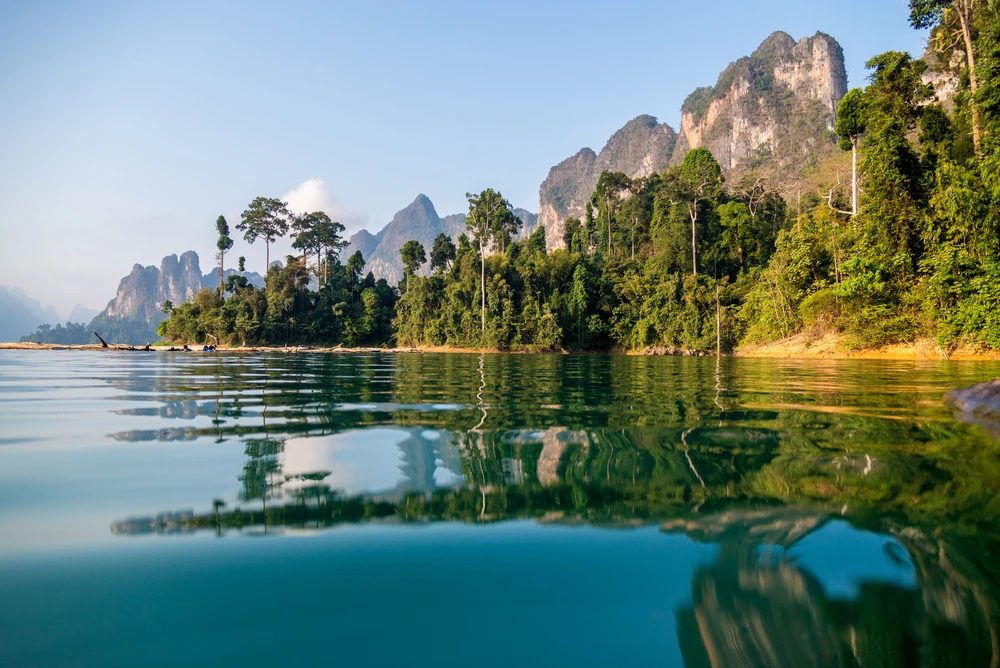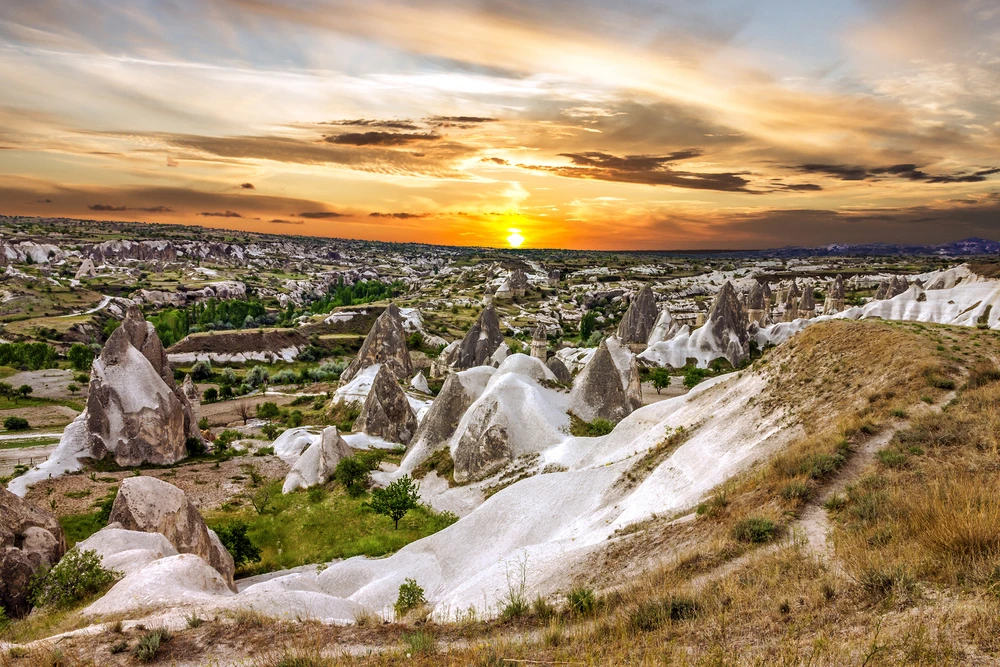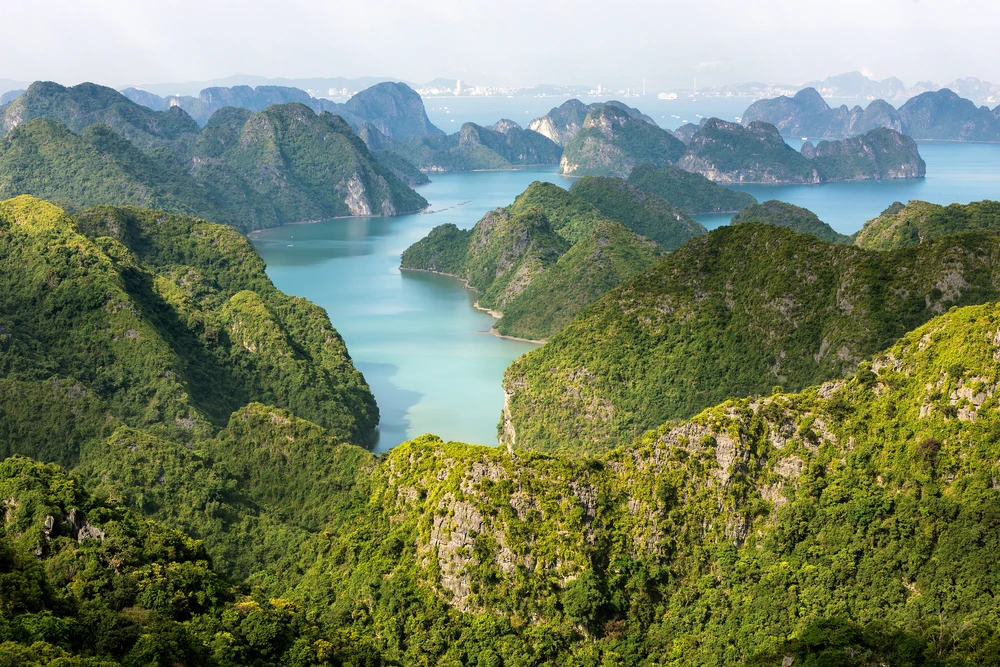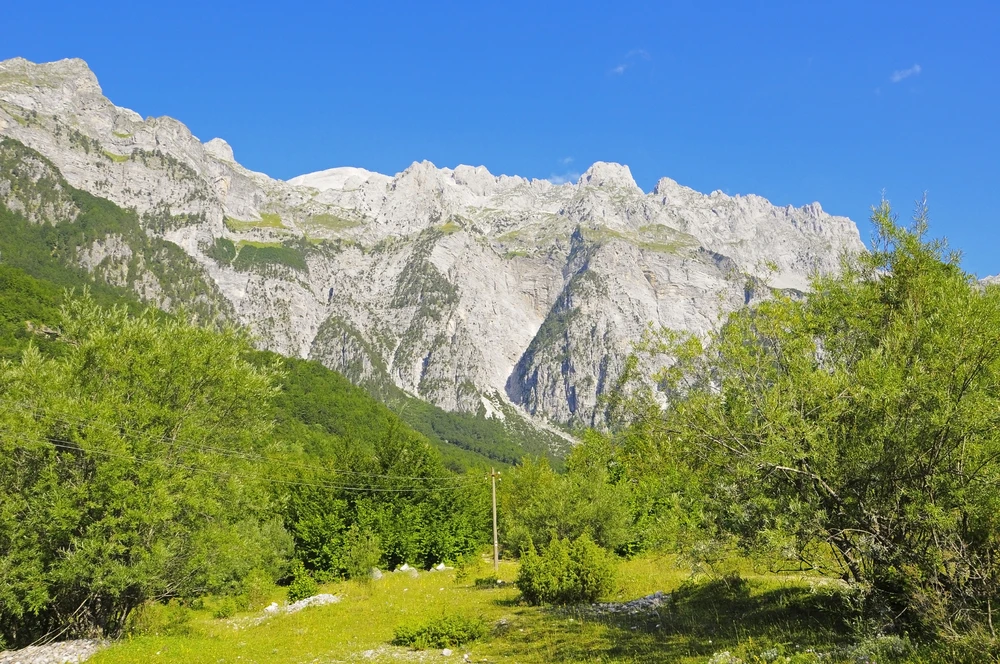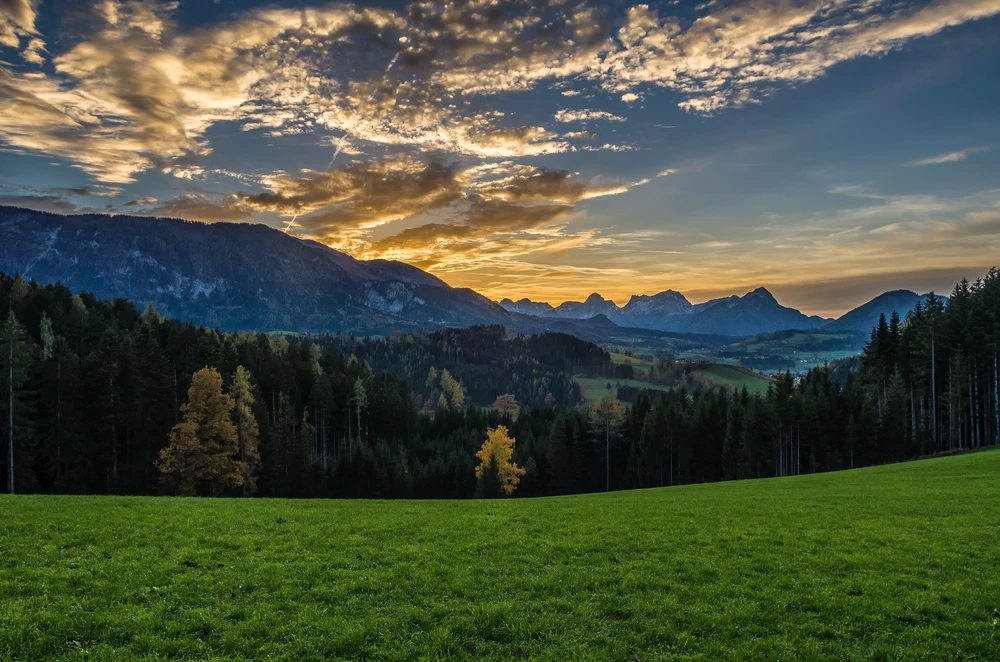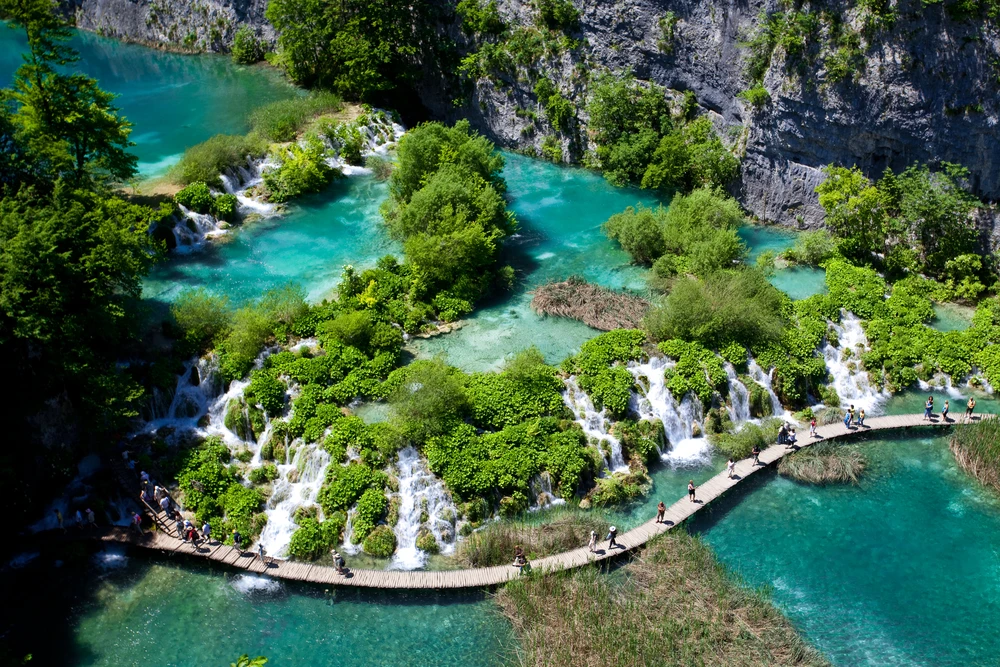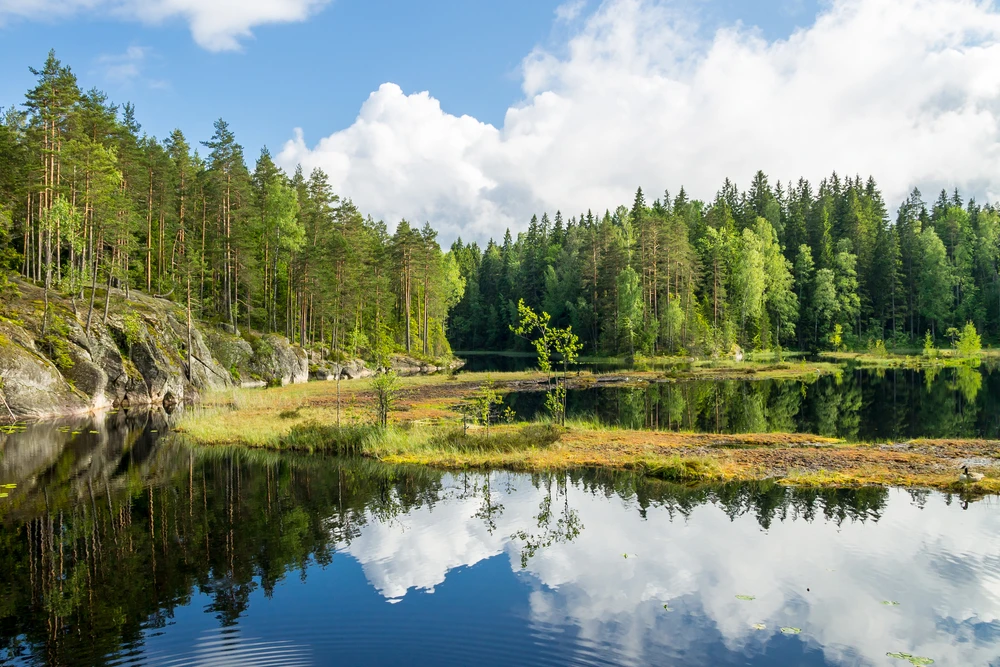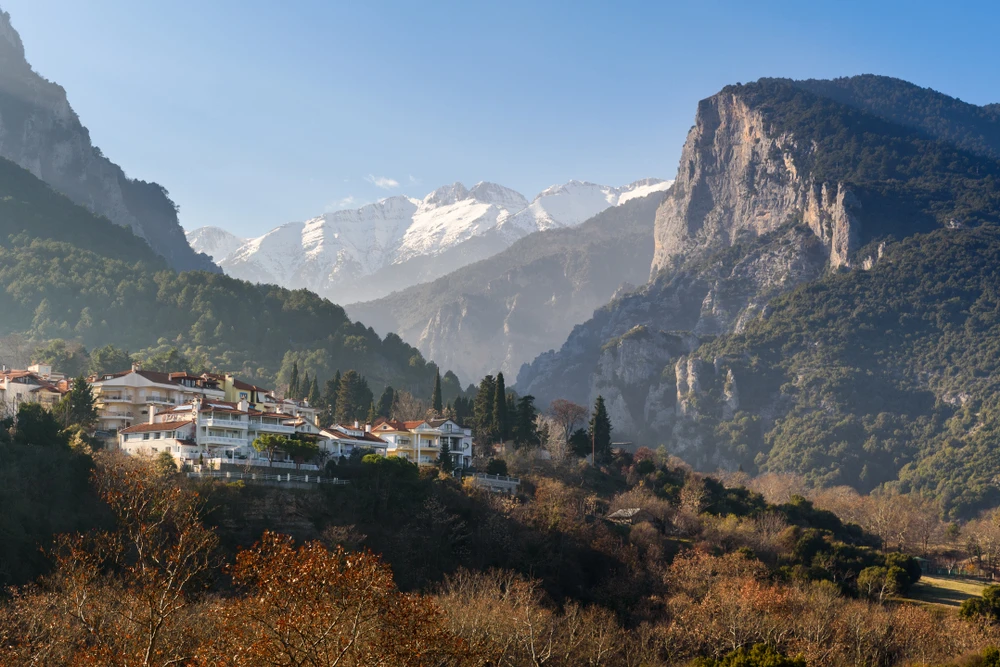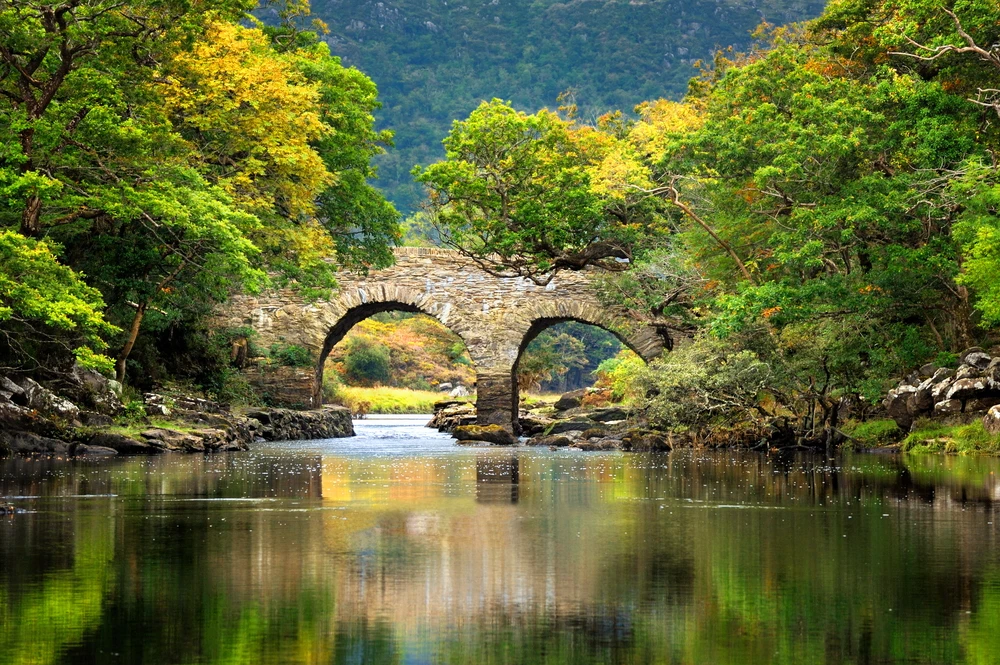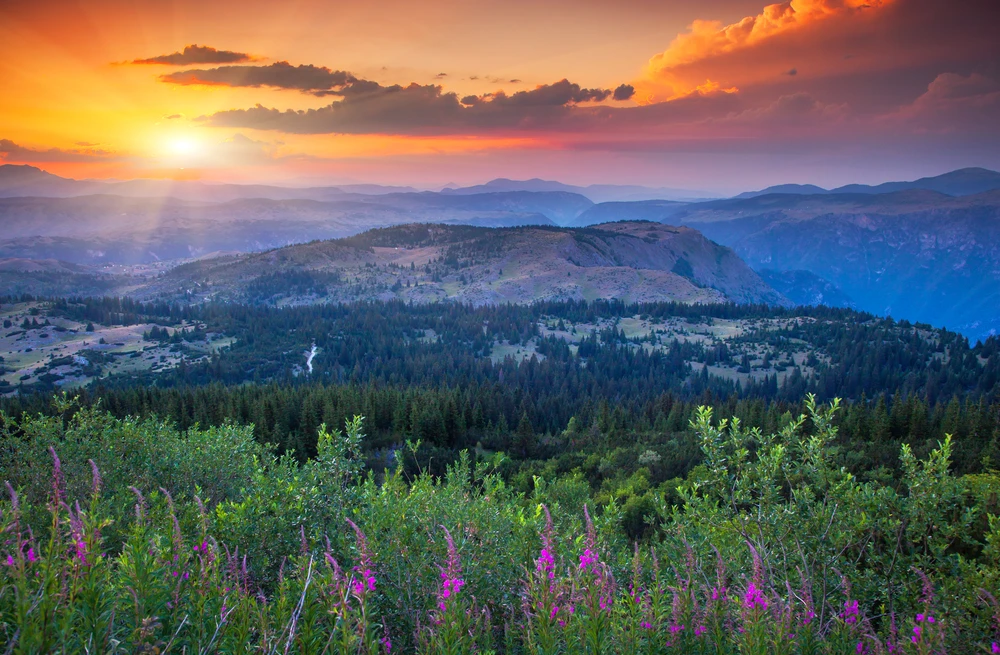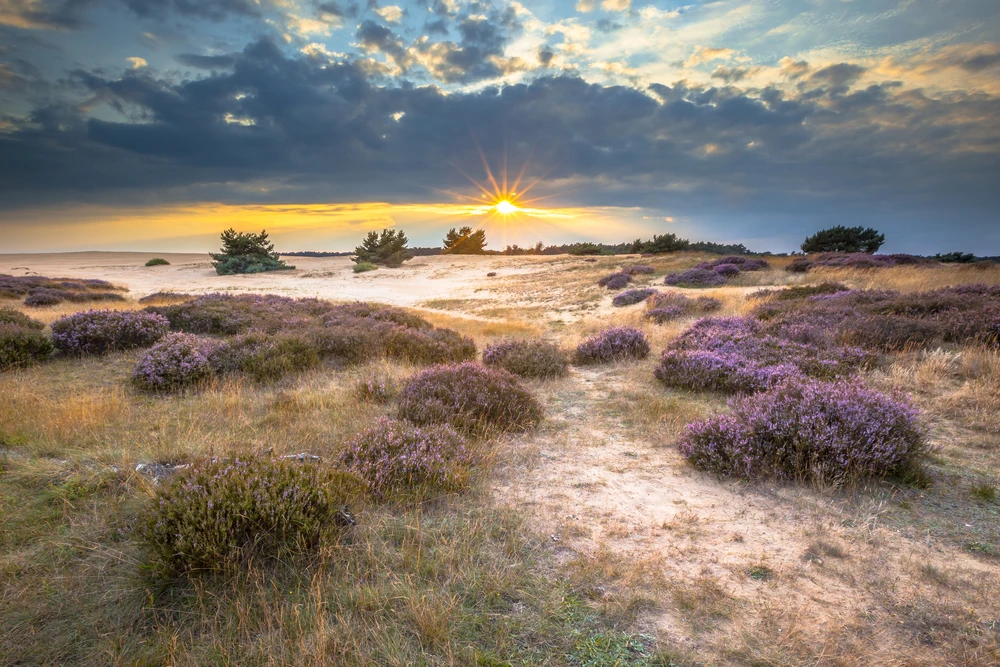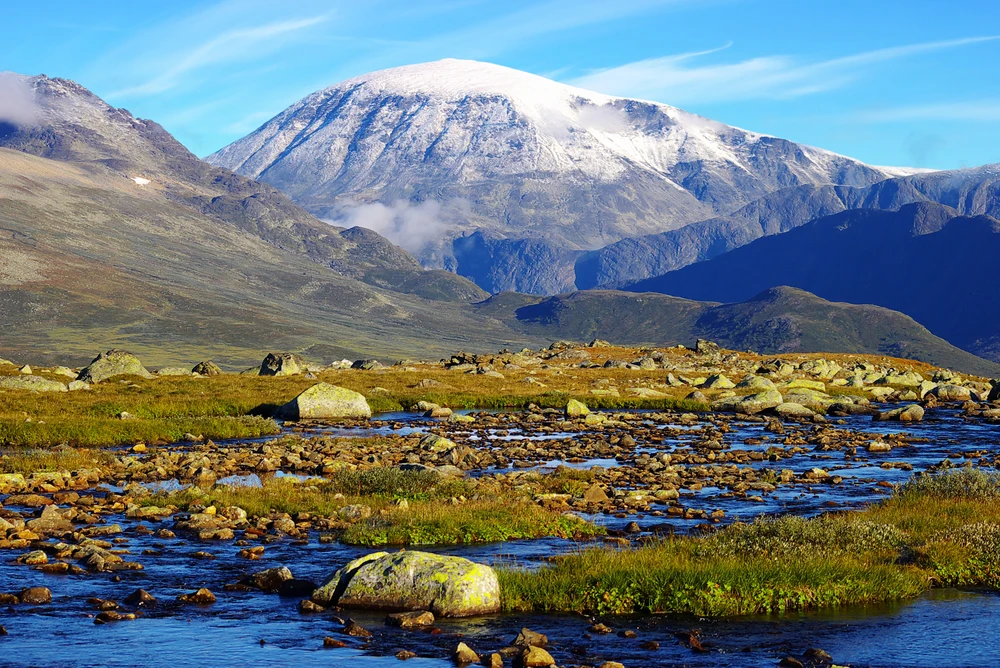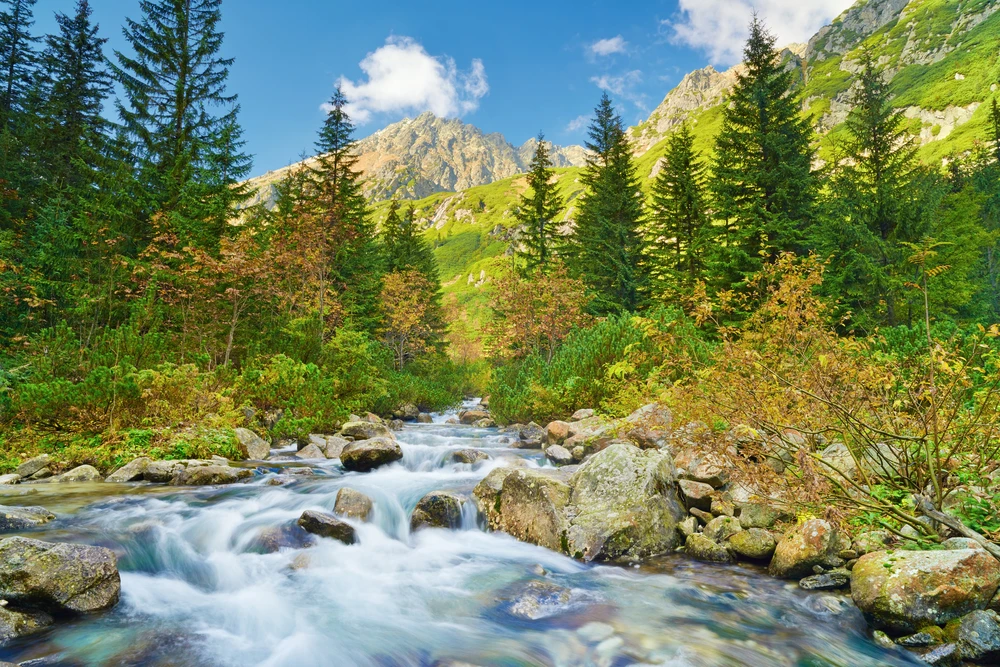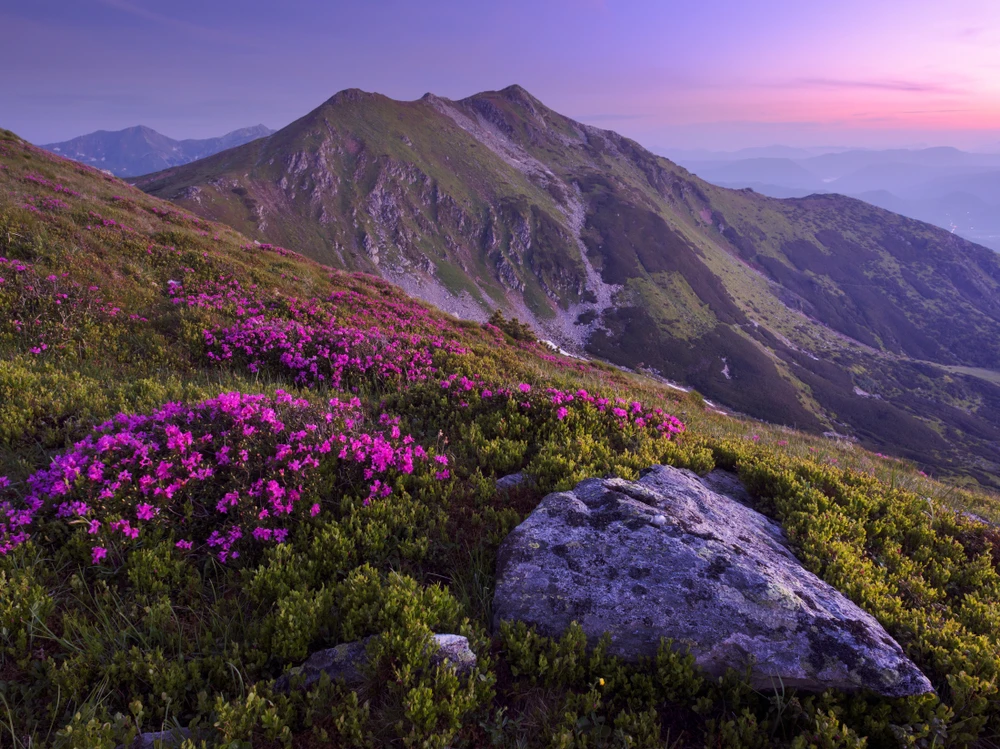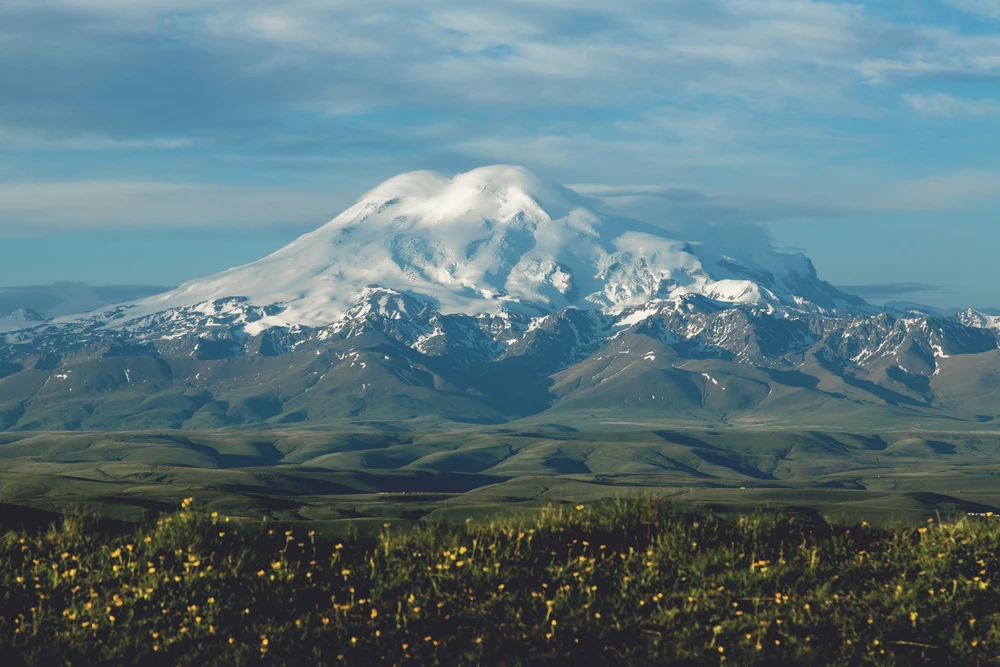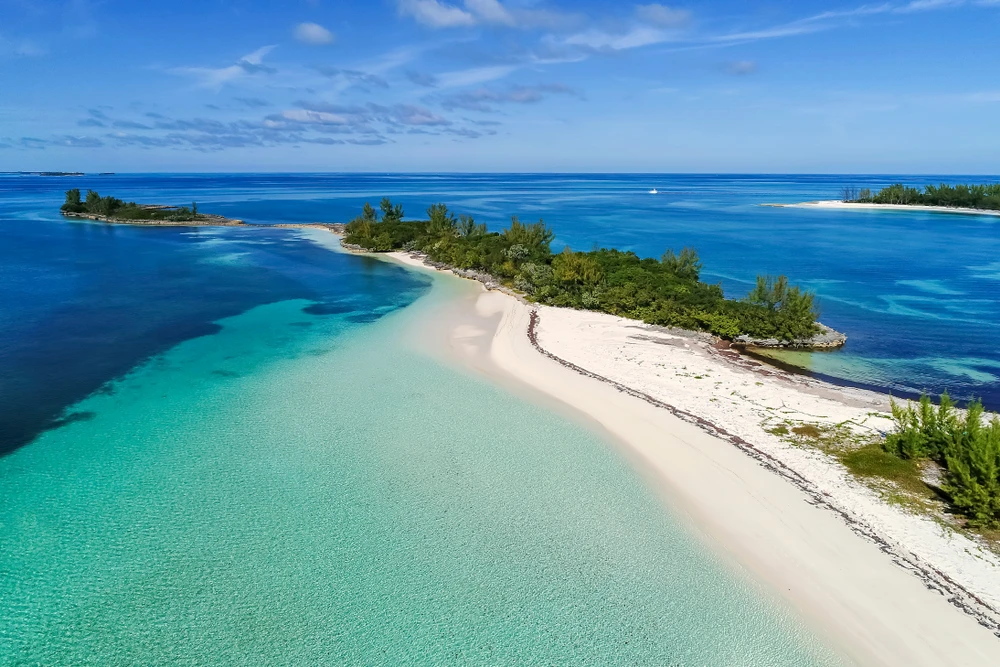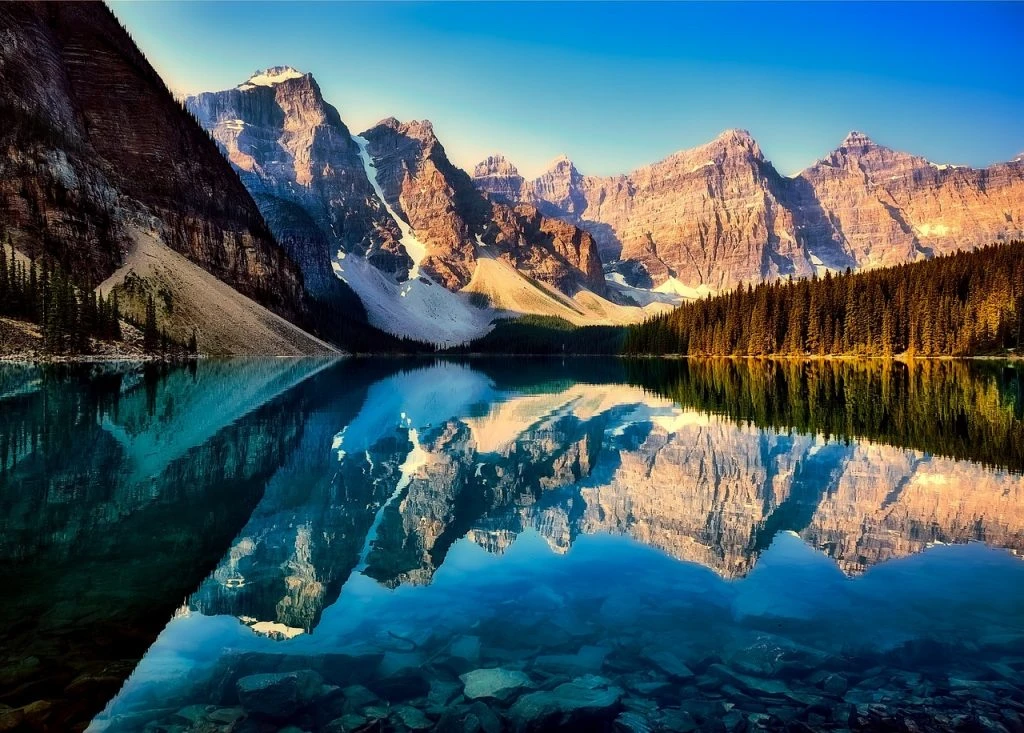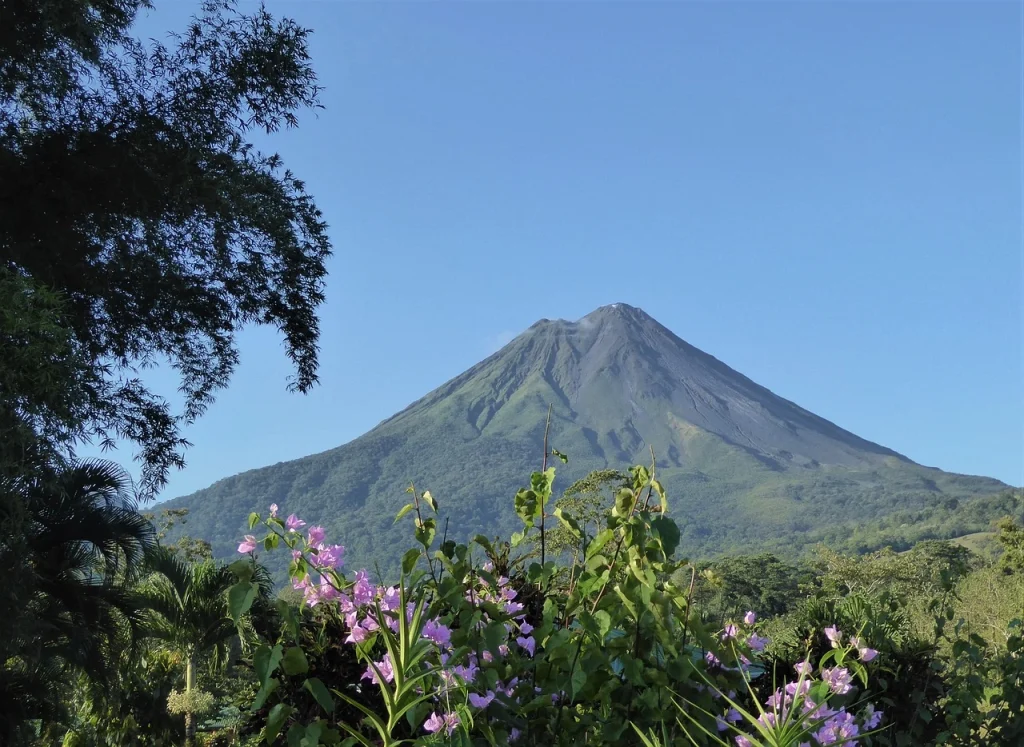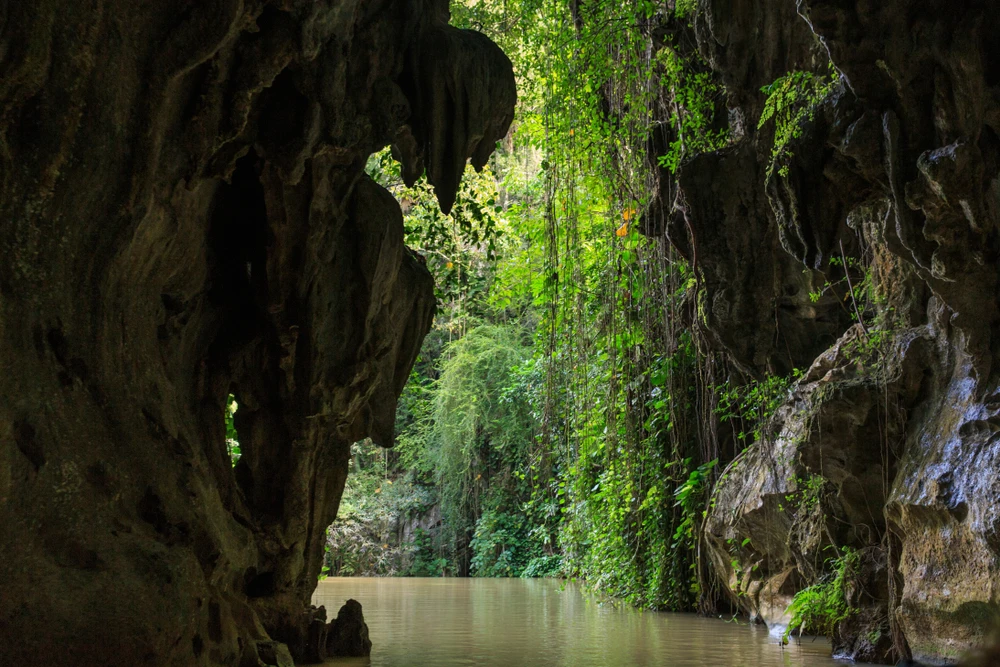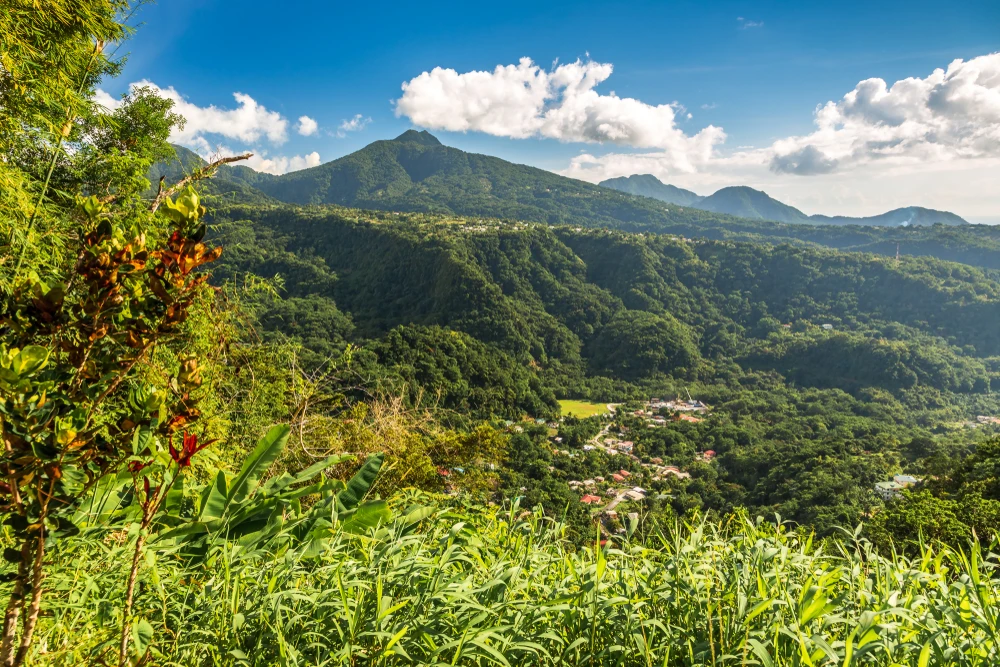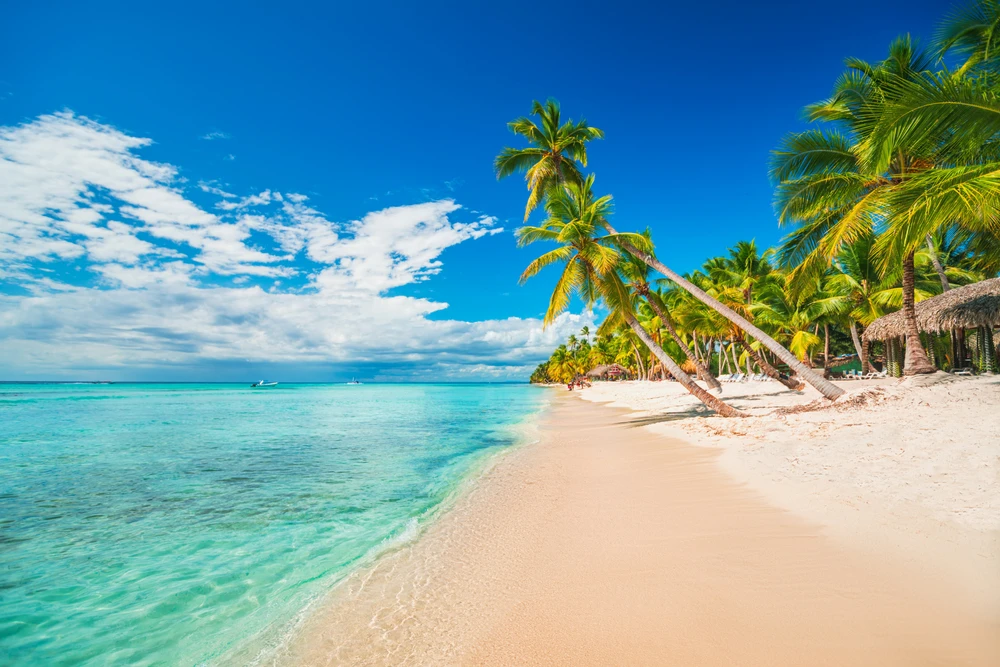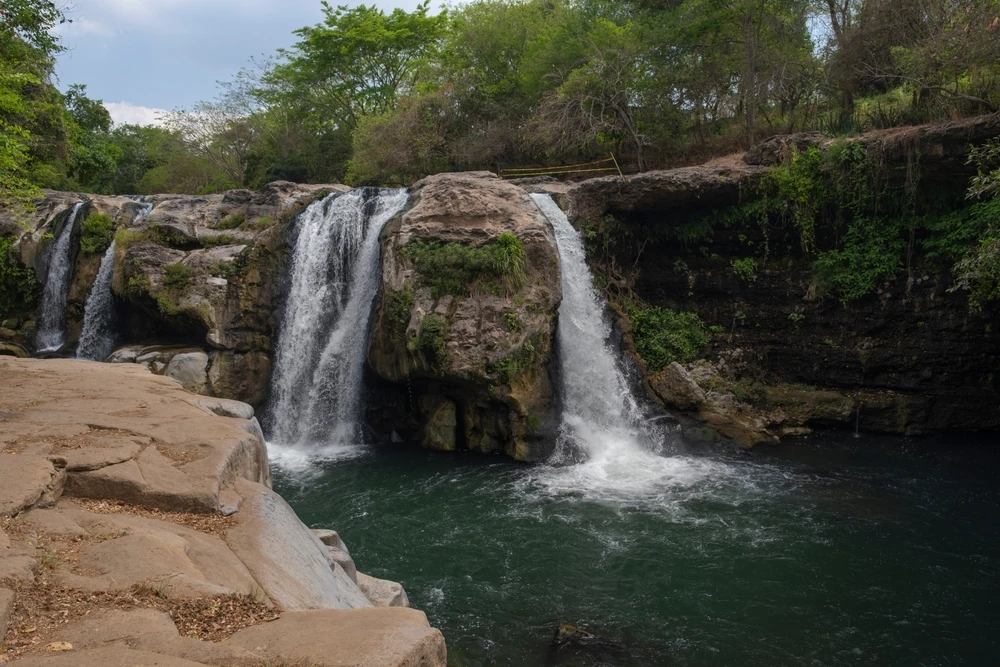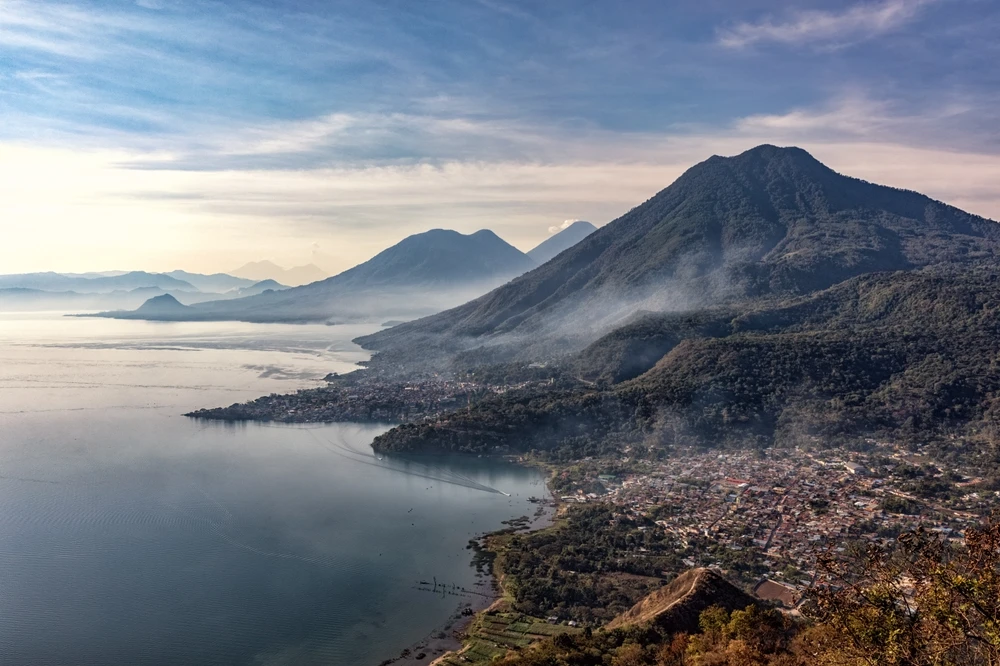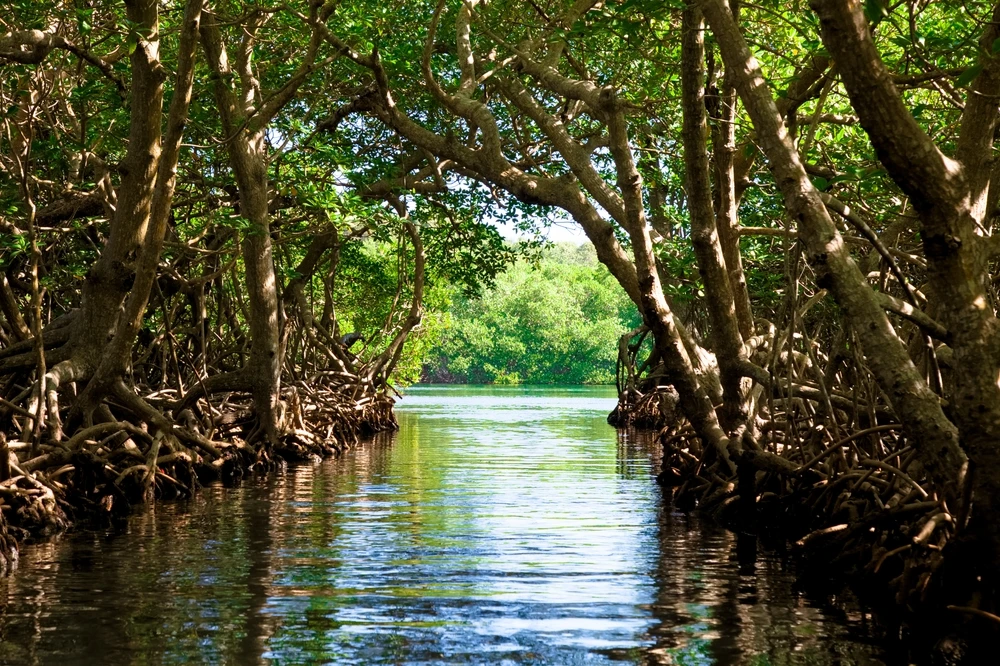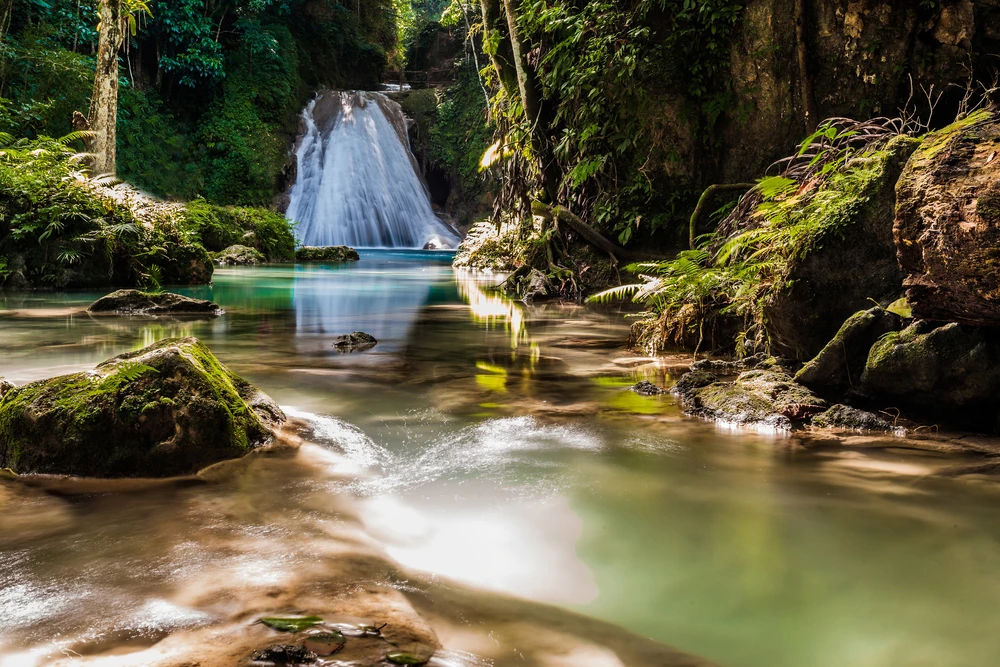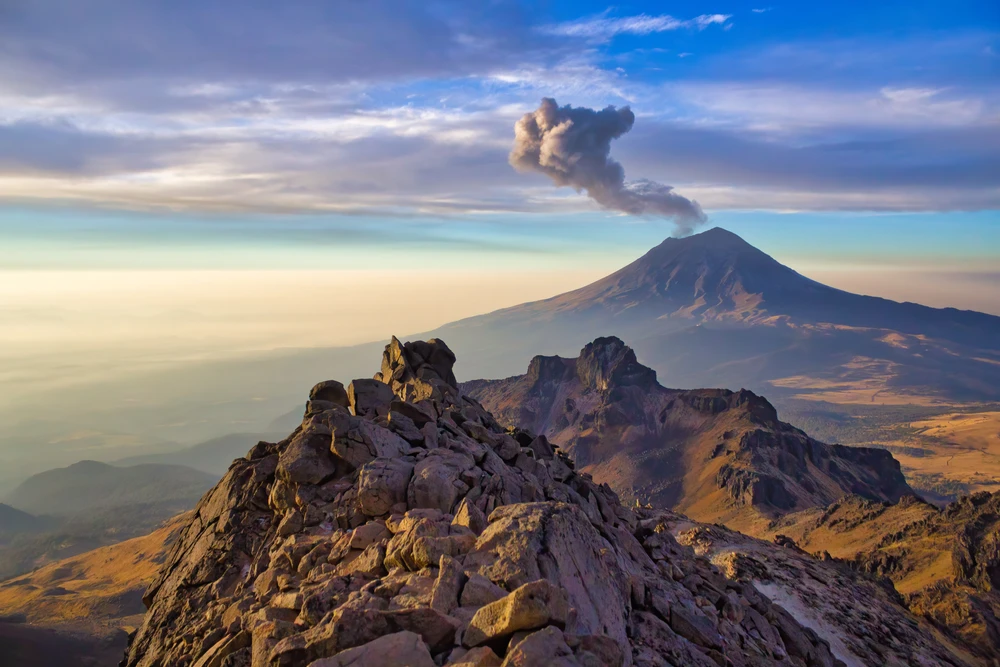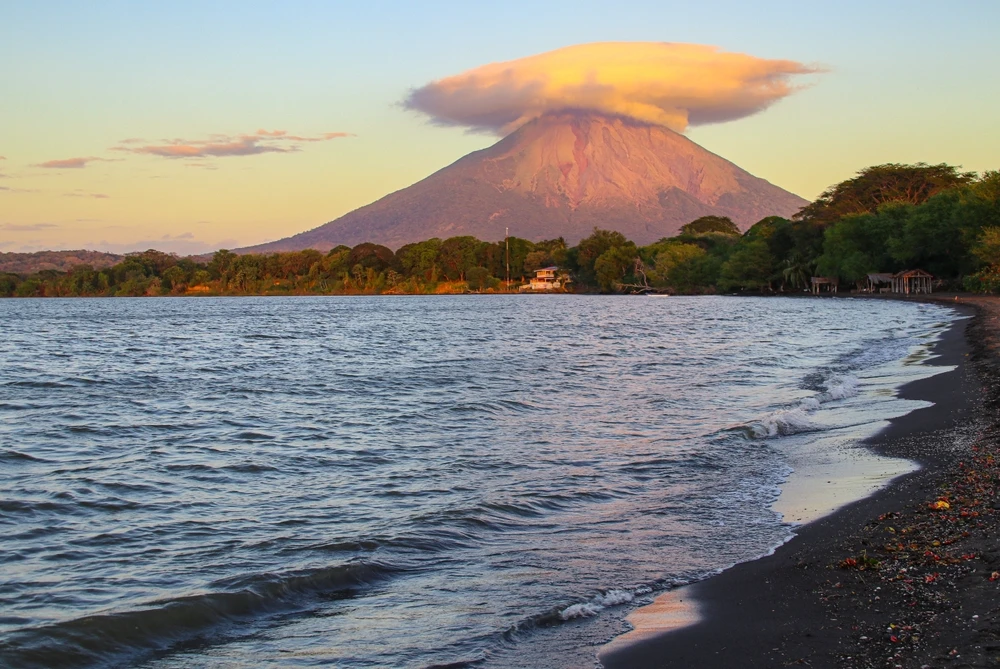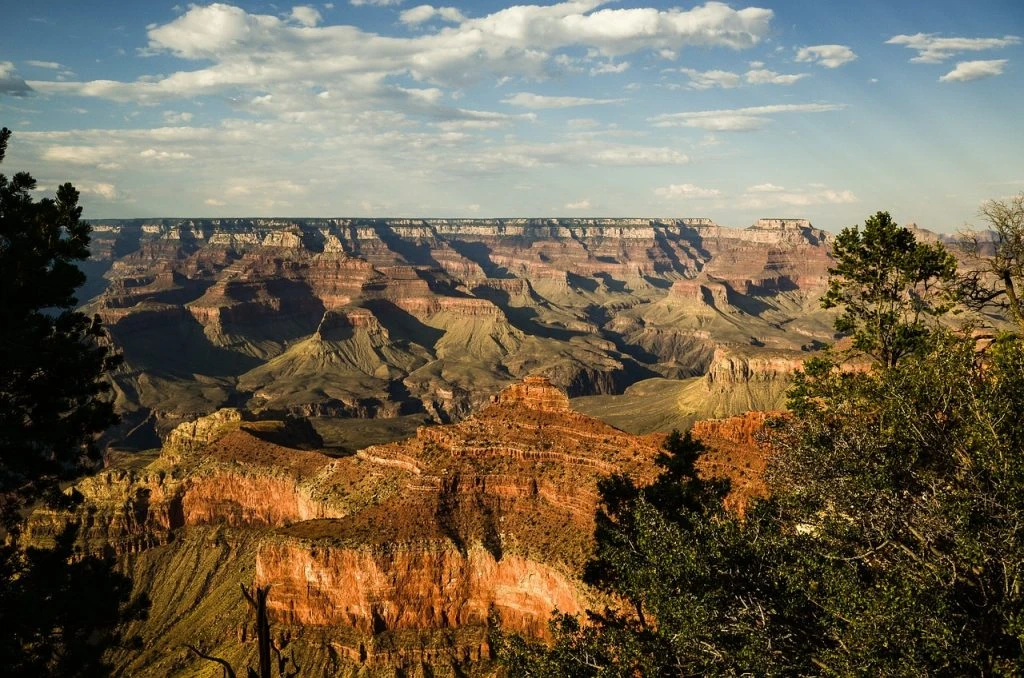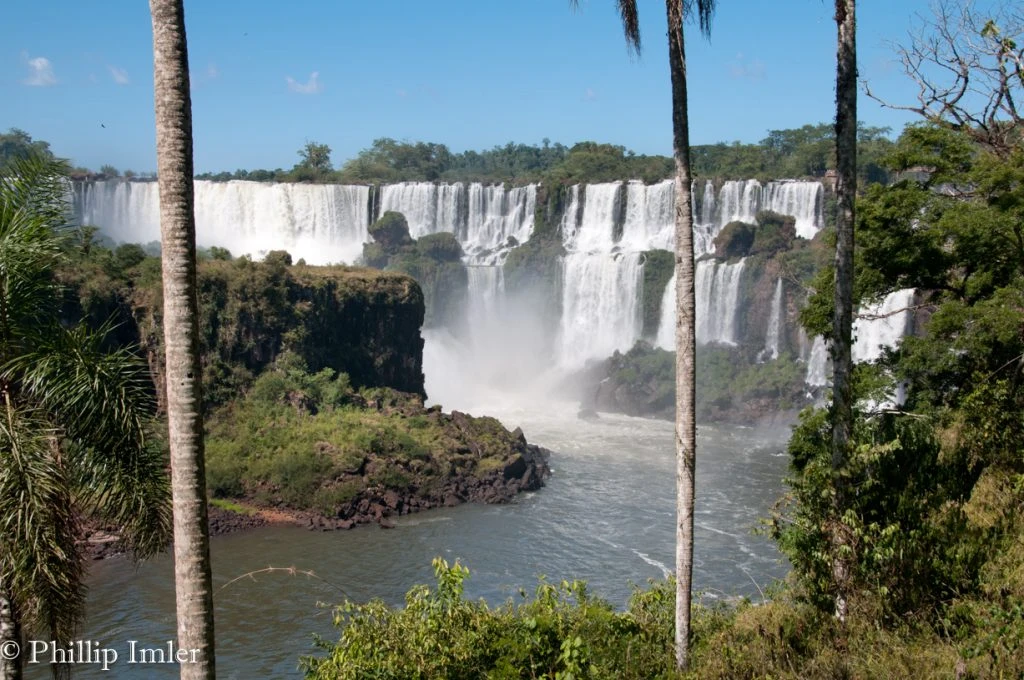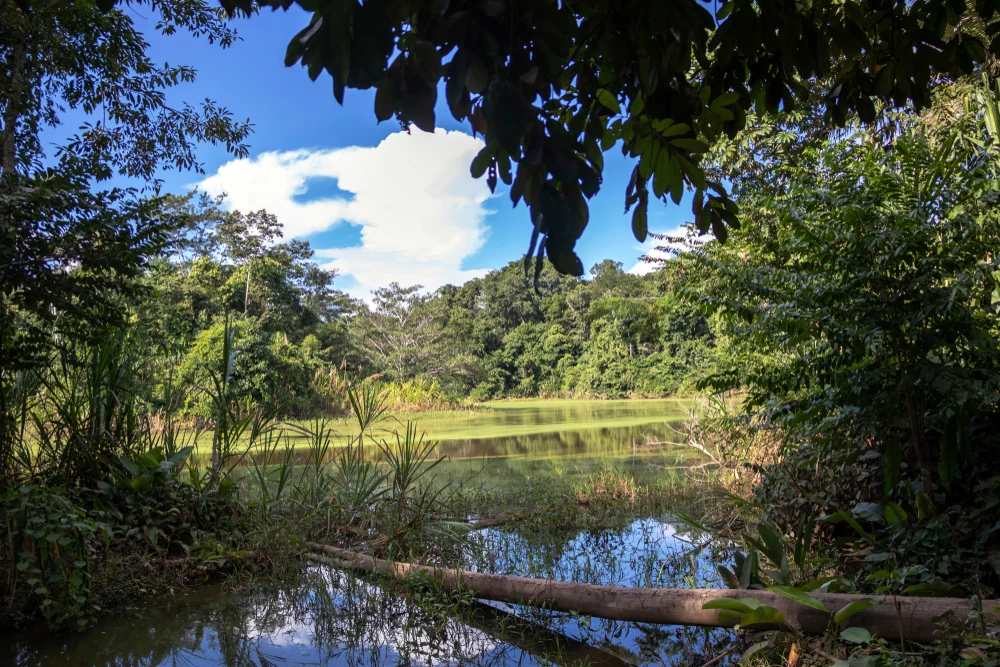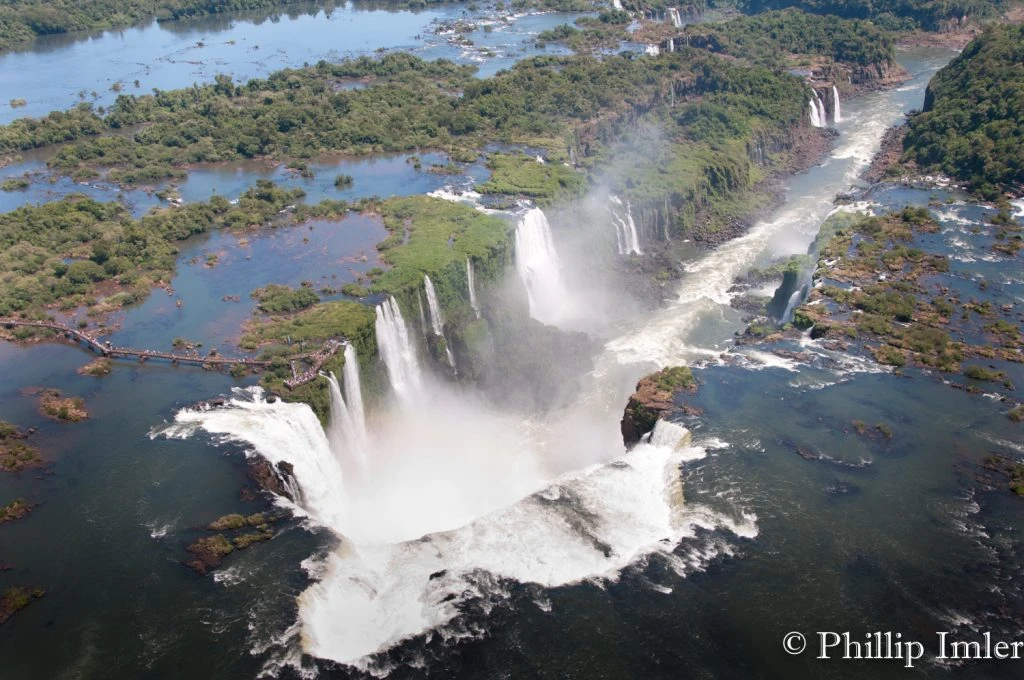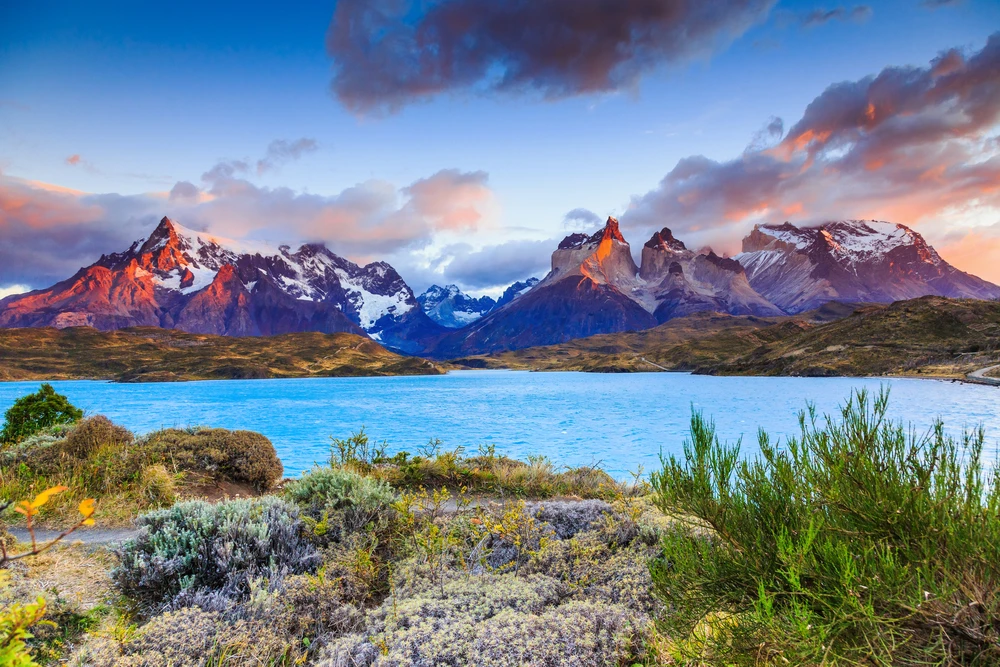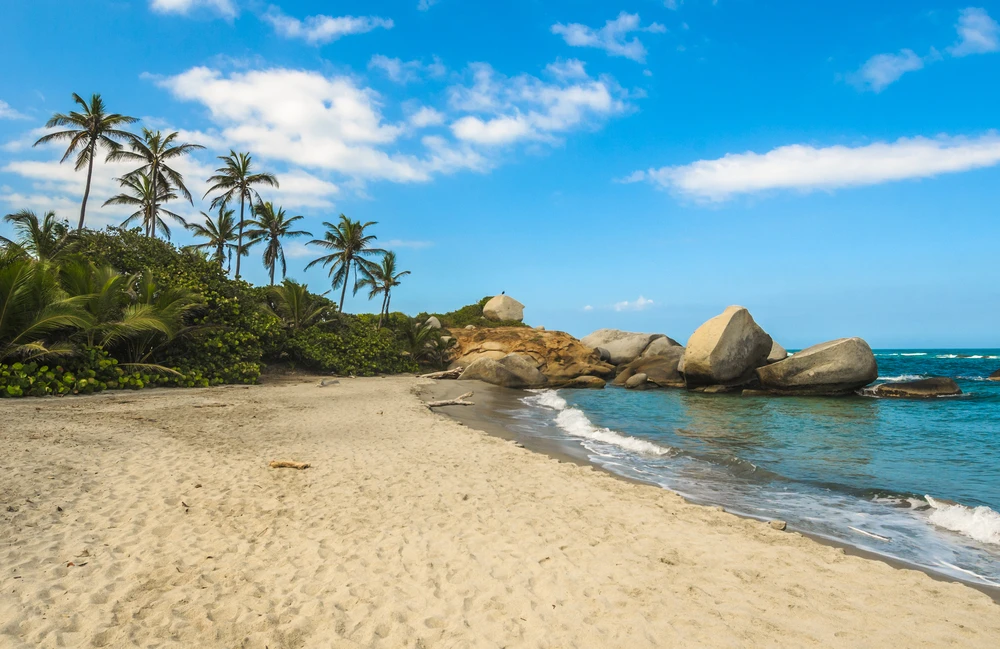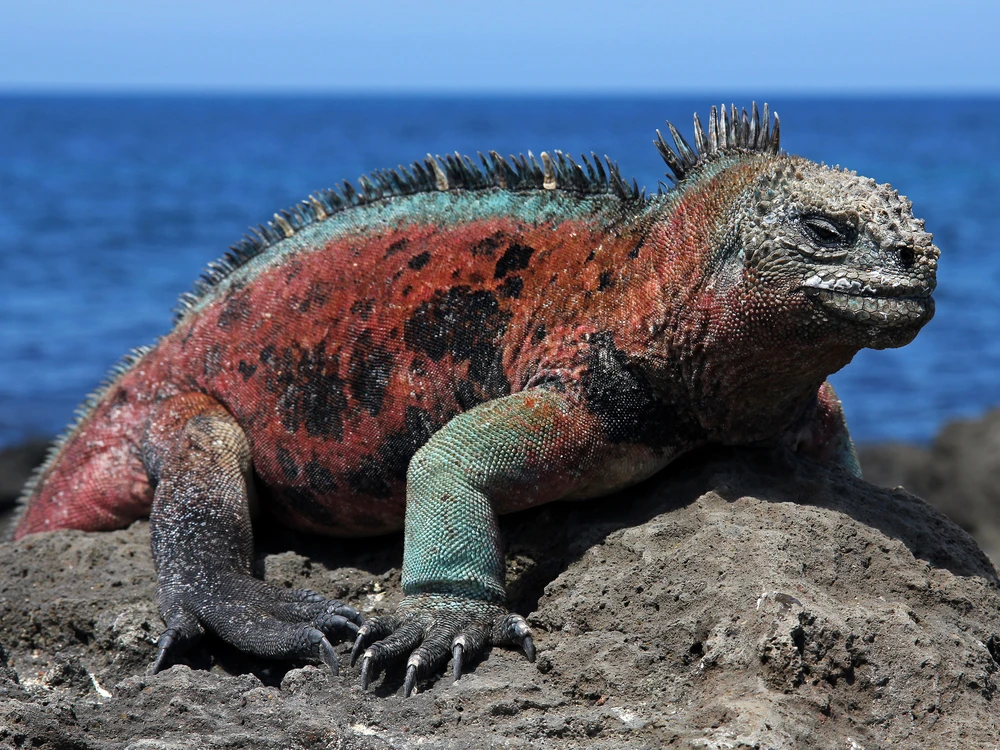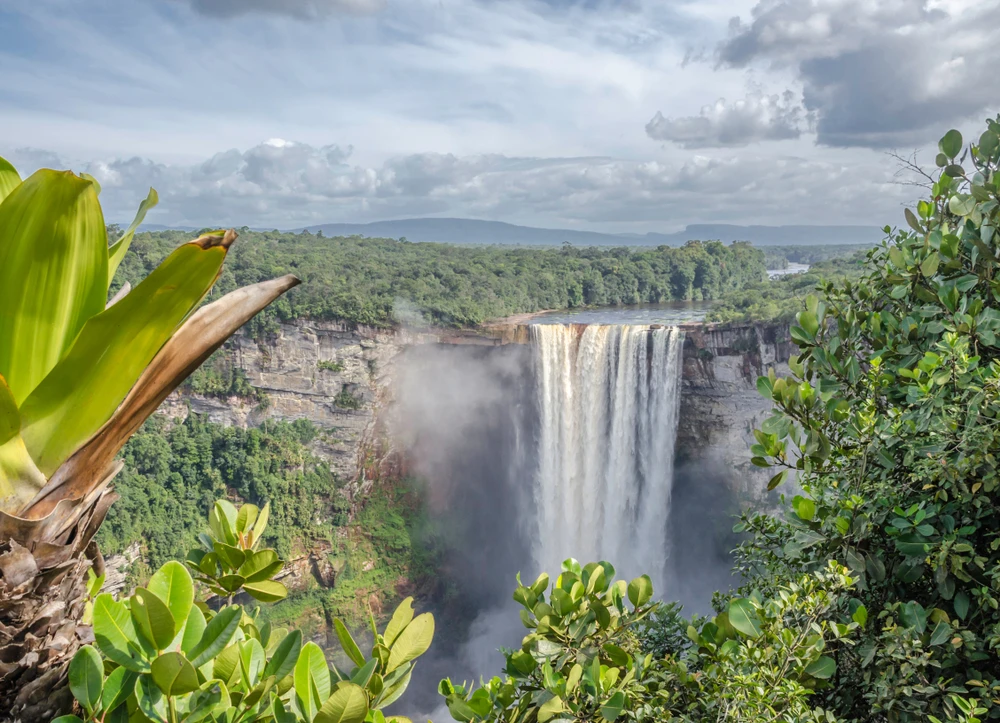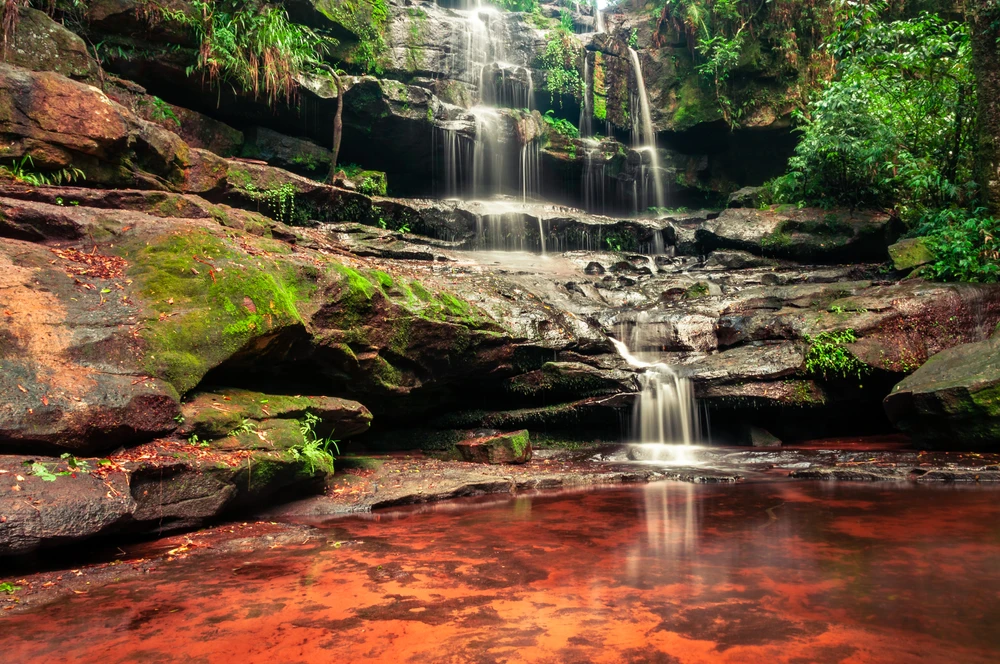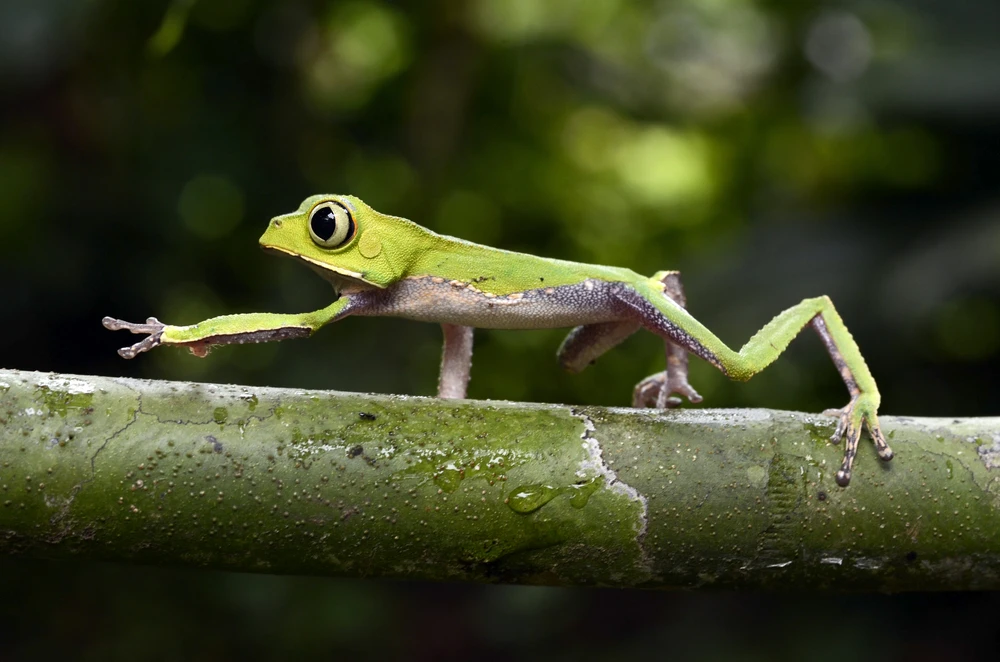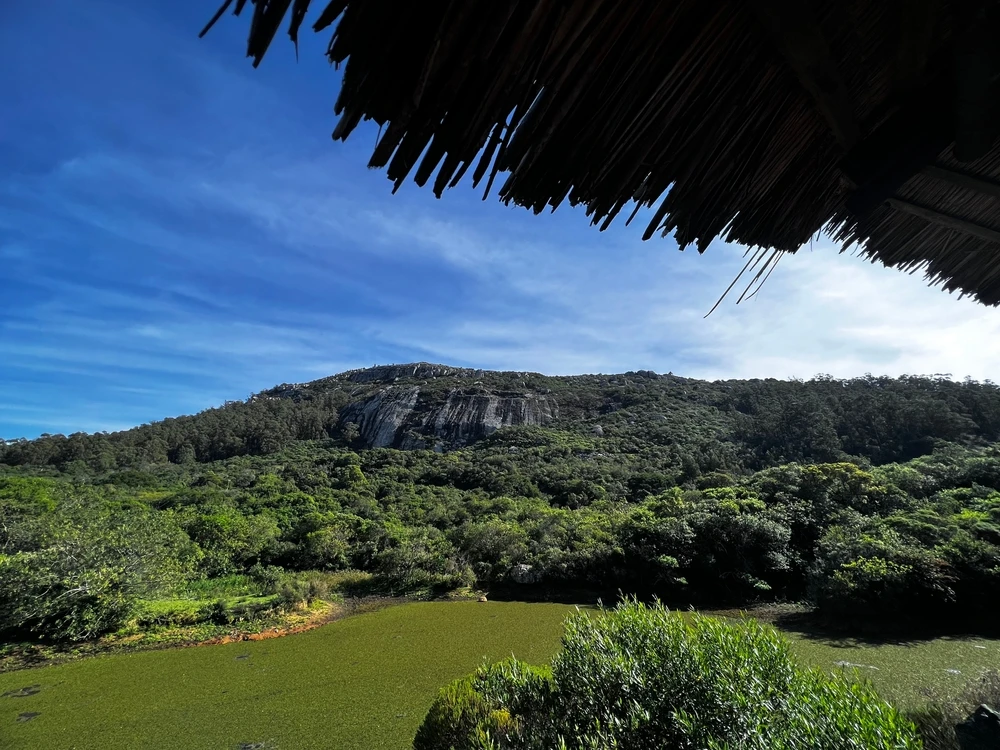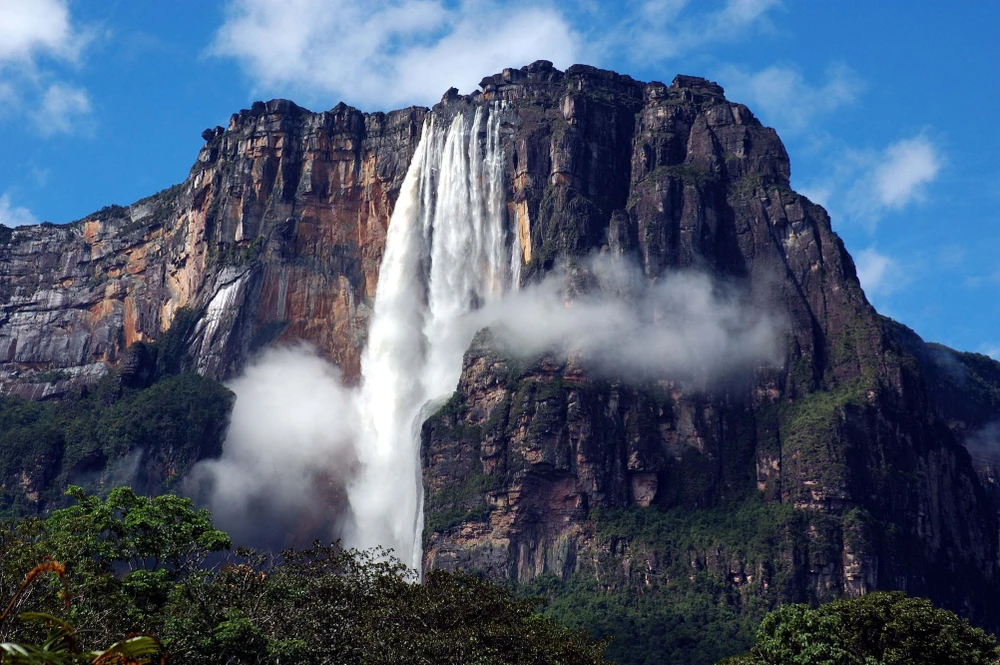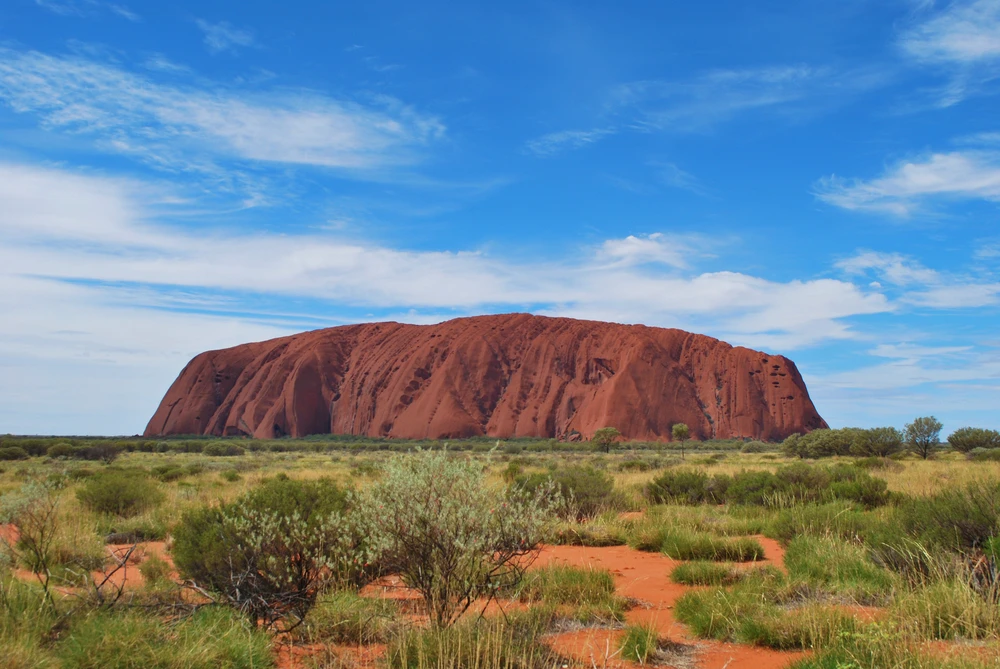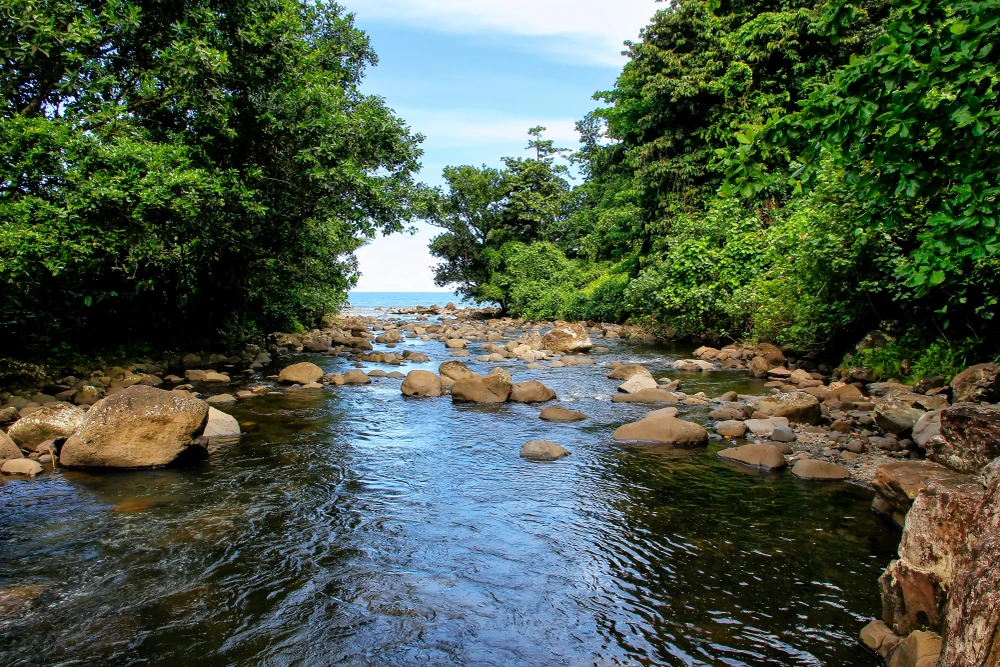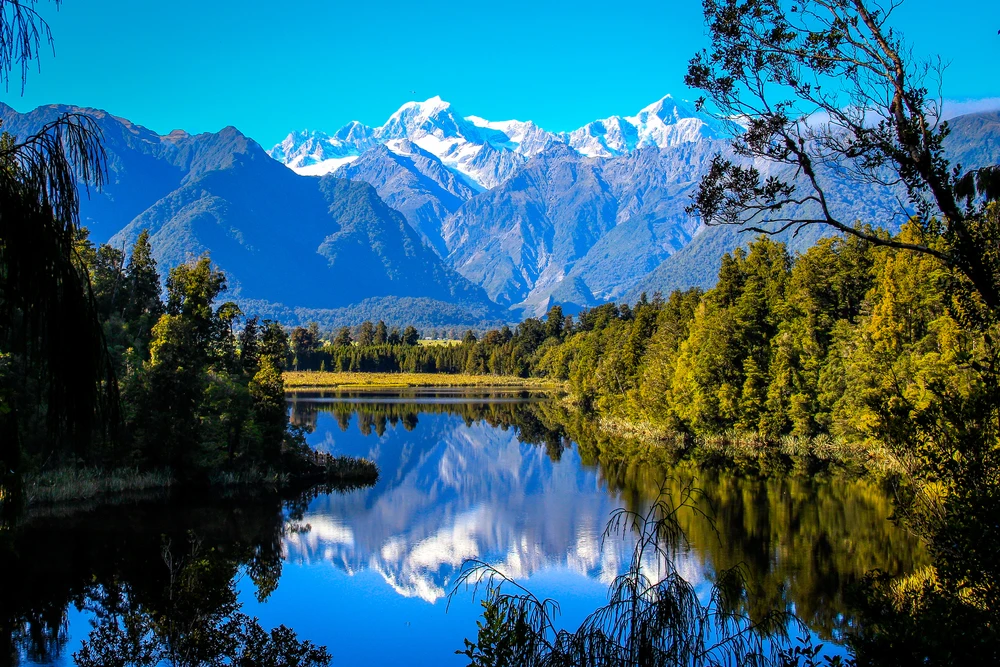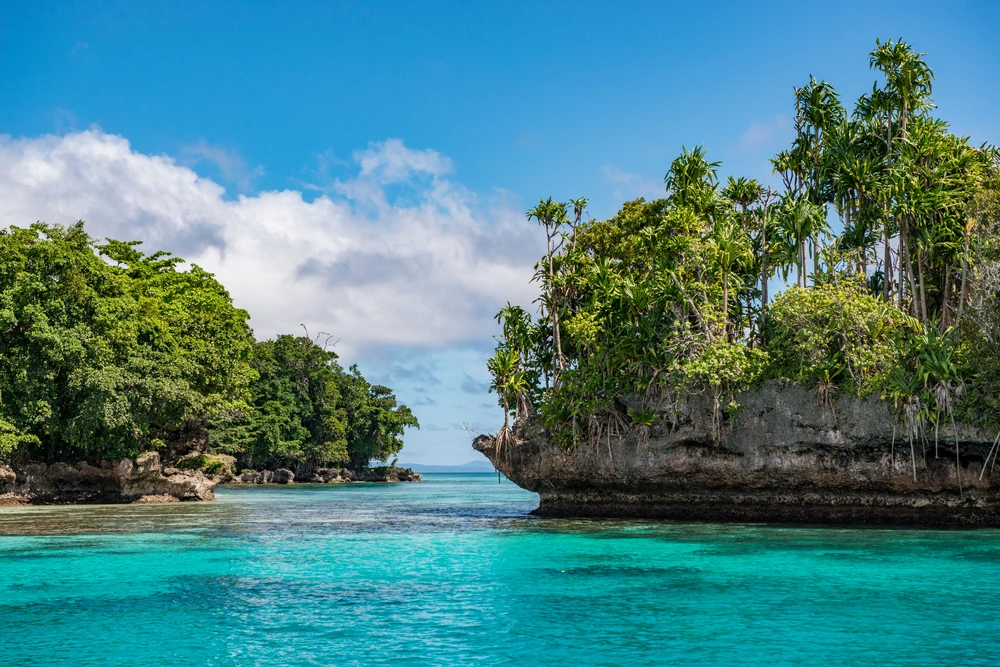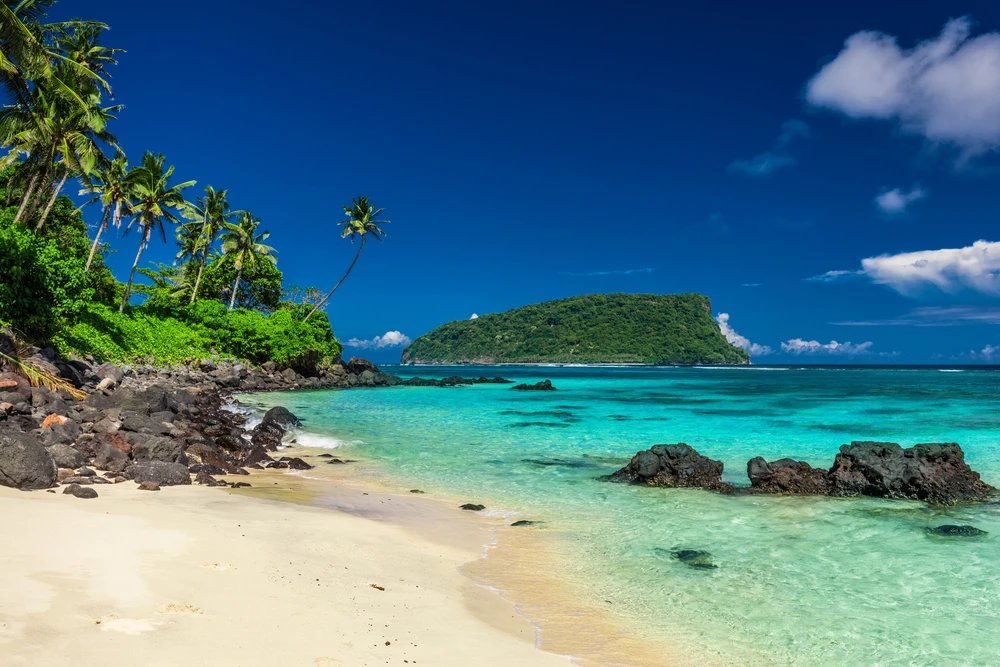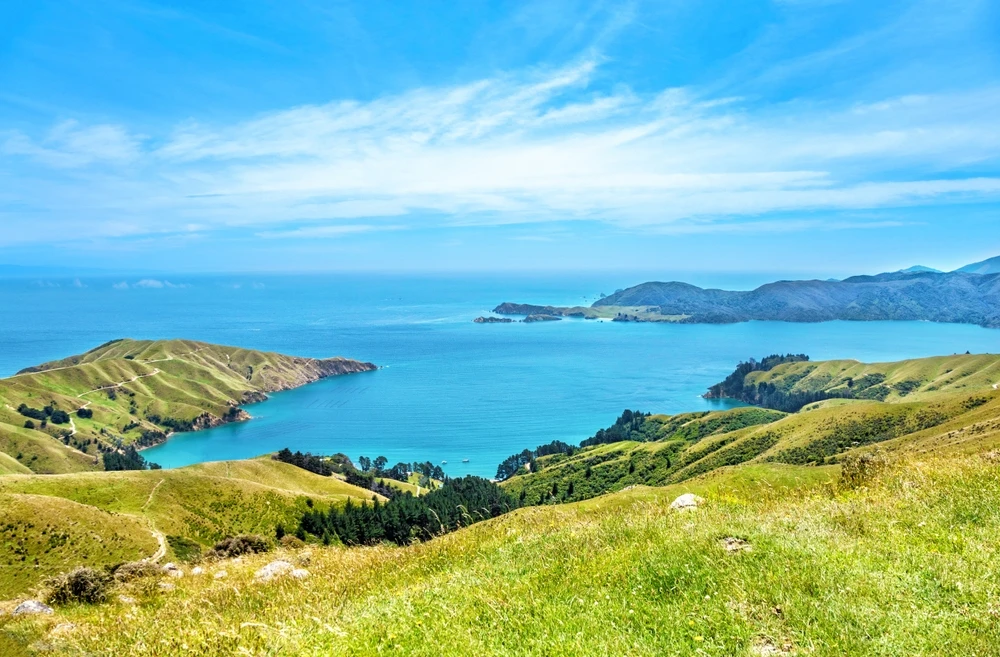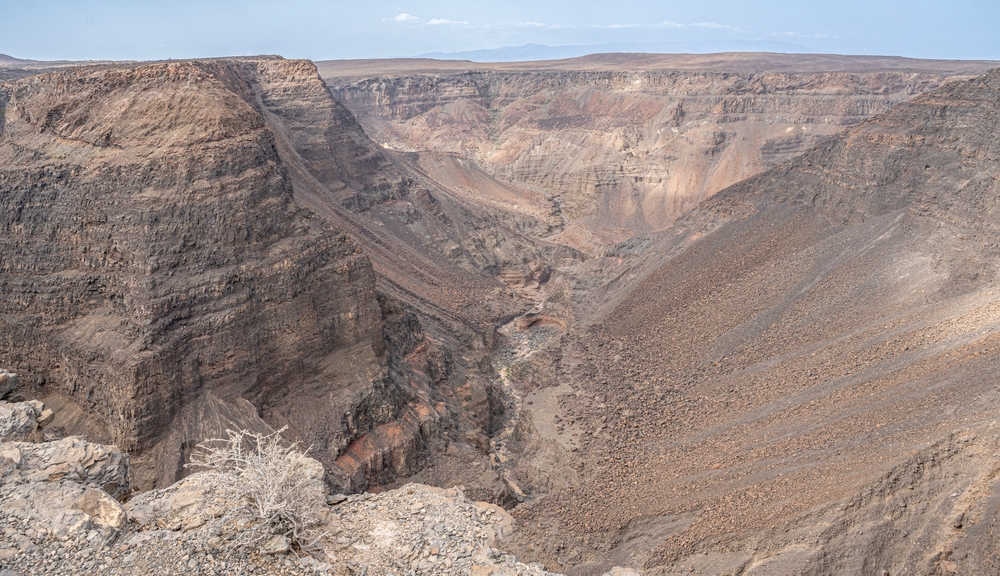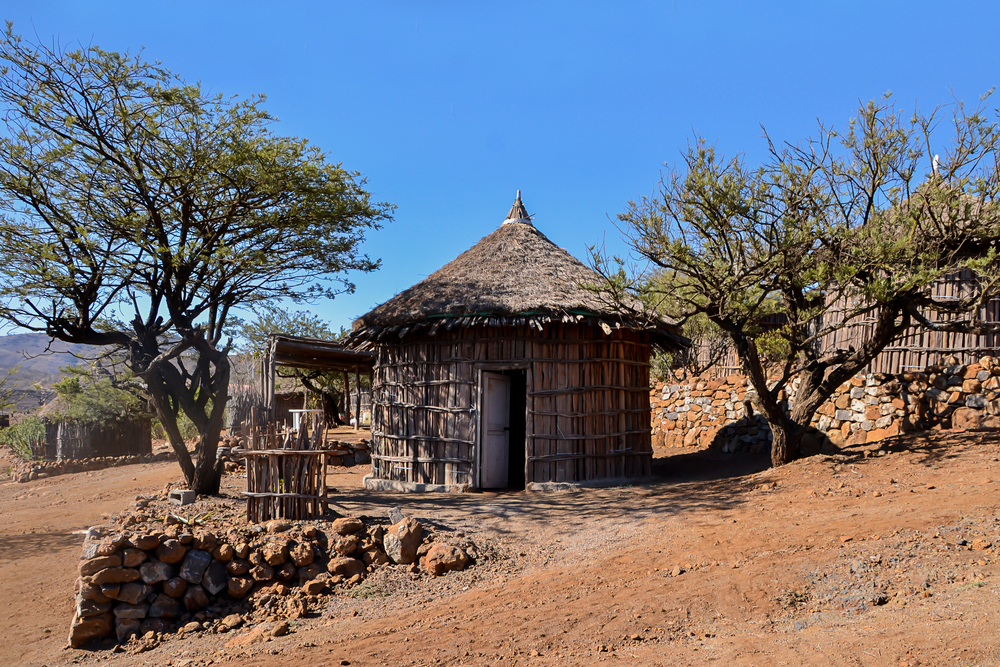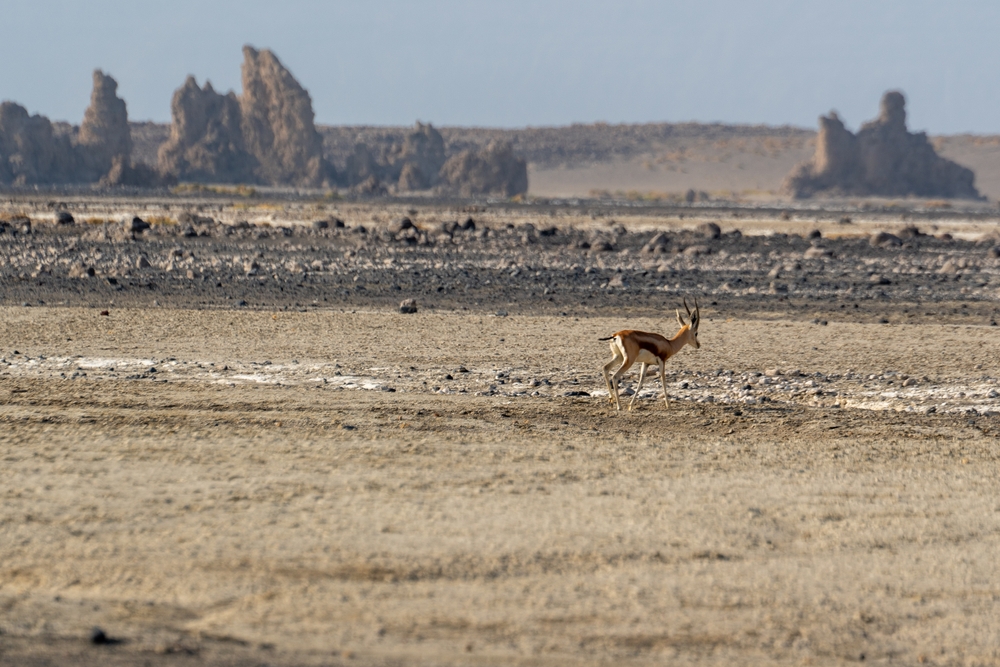Djibouti, located in the Horn of Africa, is a small country with an extraordinary diversity of landscapes, ranging from arid deserts and volcanic formations to coastal ecosystems along the Red Sea. The country’s national parks serve as vital conservation areas, preserving unique habitats and species while showcasing the natural beauty of the region. There are two officially designated national parks, Day Forest National Park and Yoboki National Park.
Day Forest National Park, located in the Goda Mountains, is home to the country’s only significant forest ecosystem. This park preserves a unique highland habitat dominated by juniper trees and supports a variety of wildlife, including endemic bird species such as the Djibouti francolin. It is also an essential water catchment area, making it critical for sustaining nearby communities. However, overgrazing and deforestation present significant challenges to its preservation. Conservation efforts focus on reforestation and engaging local communities to promote sustainable land use.
Yoboki National Park, situated in the Tadjourah region, is known for its semi-arid landscapes, salt plains, and volcanic formations. The park is home to a range of desert-adapted wildlife, including gazelles, foxes, and various reptiles. Its unique terrain draws researchers and adventurous visitors, though its ecosystems are fragile and face pressures from climate change and human activity. Recent conservation initiatives aim to mitigate habitat degradation and protect its wildlife through monitoring and habitat restoration.
Assamo National Park, in the southern part of Djibouti near the Ethiopian border, features a mix of savanna and scrubland habitats. It is an important refuge for species such as dik-diks, oryx, and various bird species. The park’s proximity to human settlements has led to habitat fragmentation and human-wildlife conflicts, but conservation efforts have included initiatives to raise awareness and reduce these conflicts. Efforts to involve local communities in park management have shown promising results in fostering sustainable coexistence.
Djibouti’s national parks face significant conservation challenges, including habitat loss, overgrazing, and the impacts of climate change. Limited resources and a lack of infrastructure for park management further complicate efforts to protect these areas. However, successes have emerged through international partnerships and community-driven programs that emphasize habitat restoration and sustainable practices. Eco-tourism is also gaining traction as a way to generate income while raising awareness about the value of conservation.
The national parks of Djibouti are critical for protecting the country’s unique ecosystems and wildlife while supporting sustainable development. By addressing conservation challenges and building on successes, these parks can continue to serve as sanctuaries for biodiversity and as gateways for exploring the natural beauty of the Horn of Africa.


